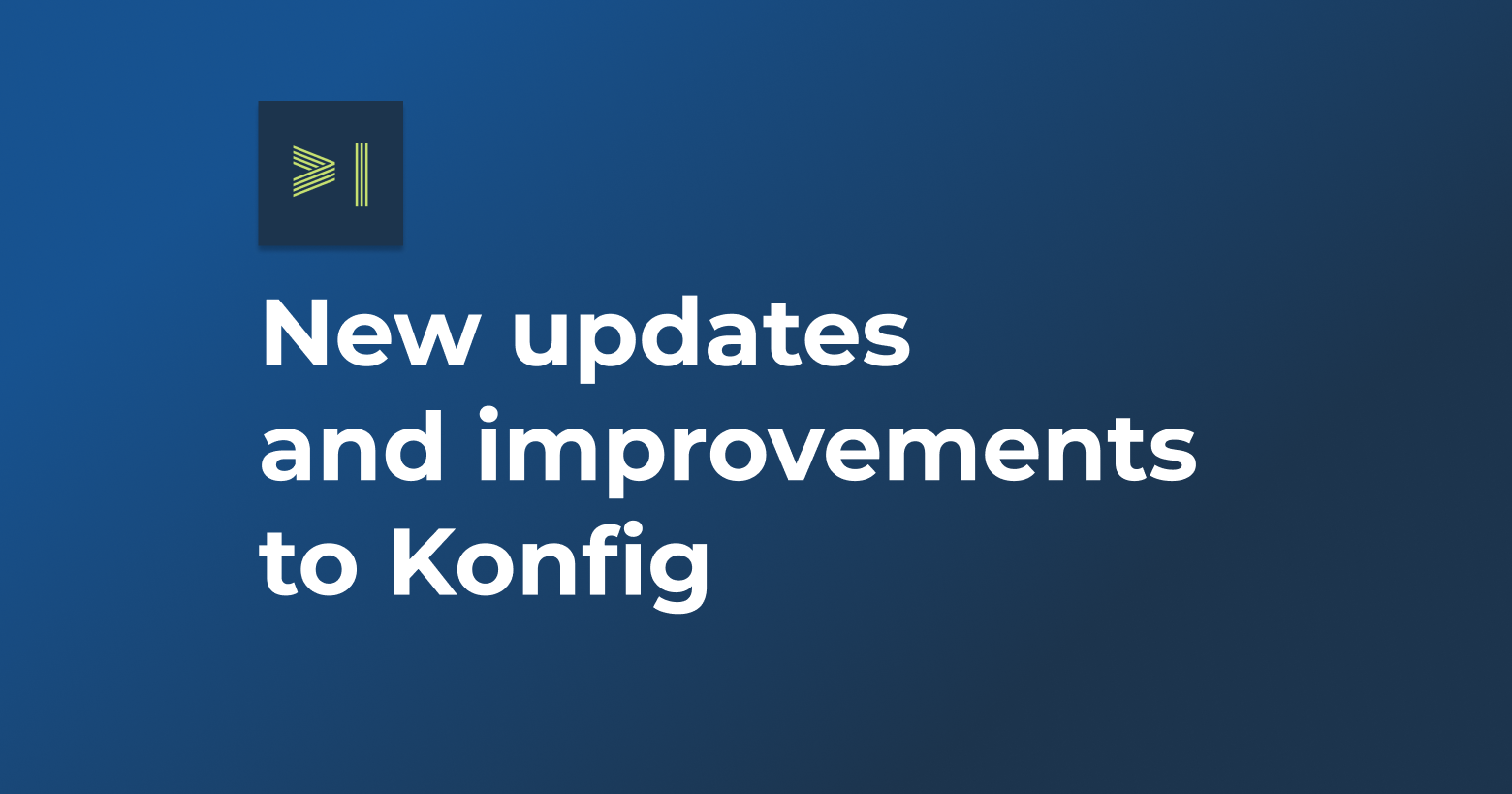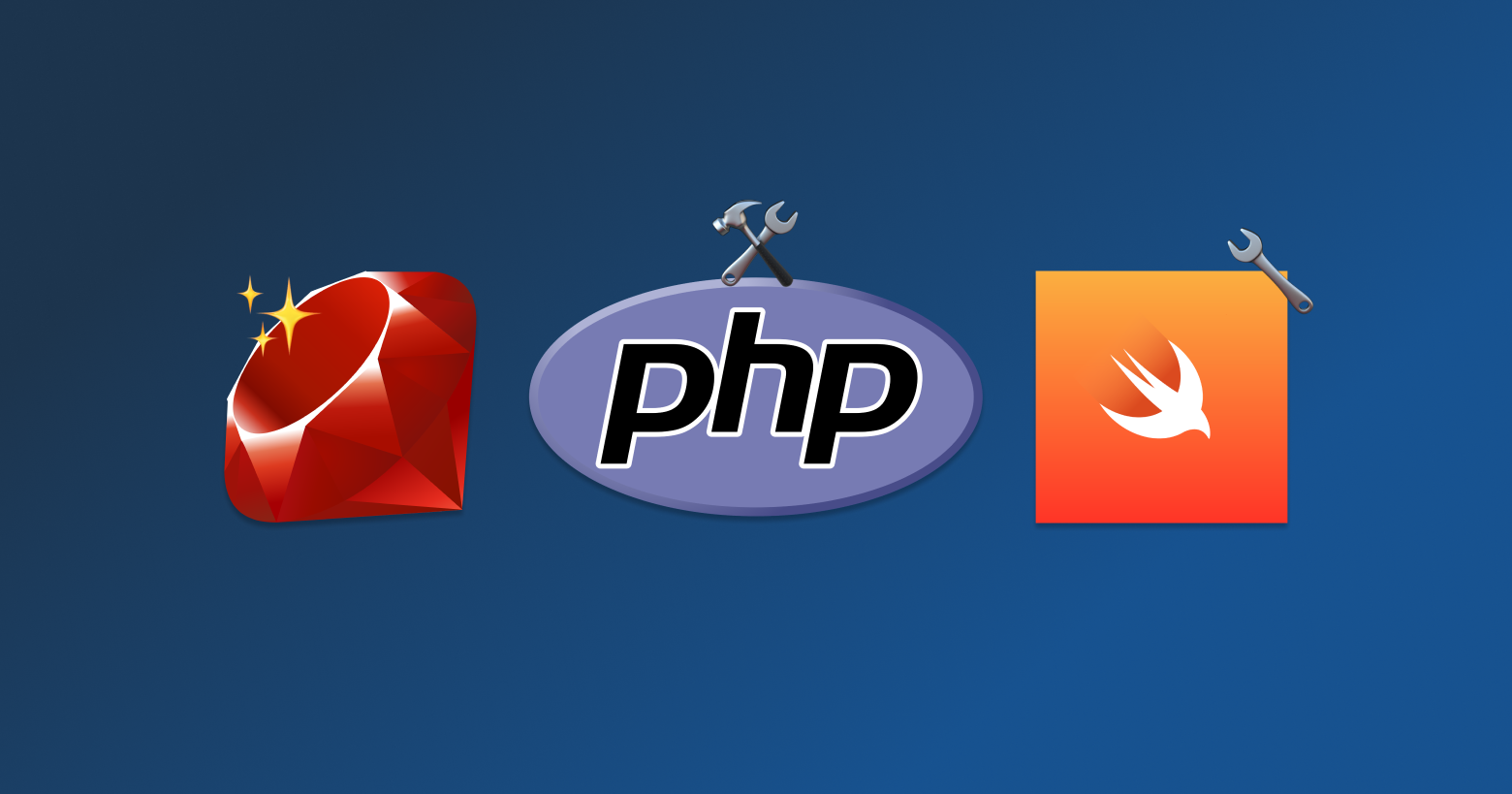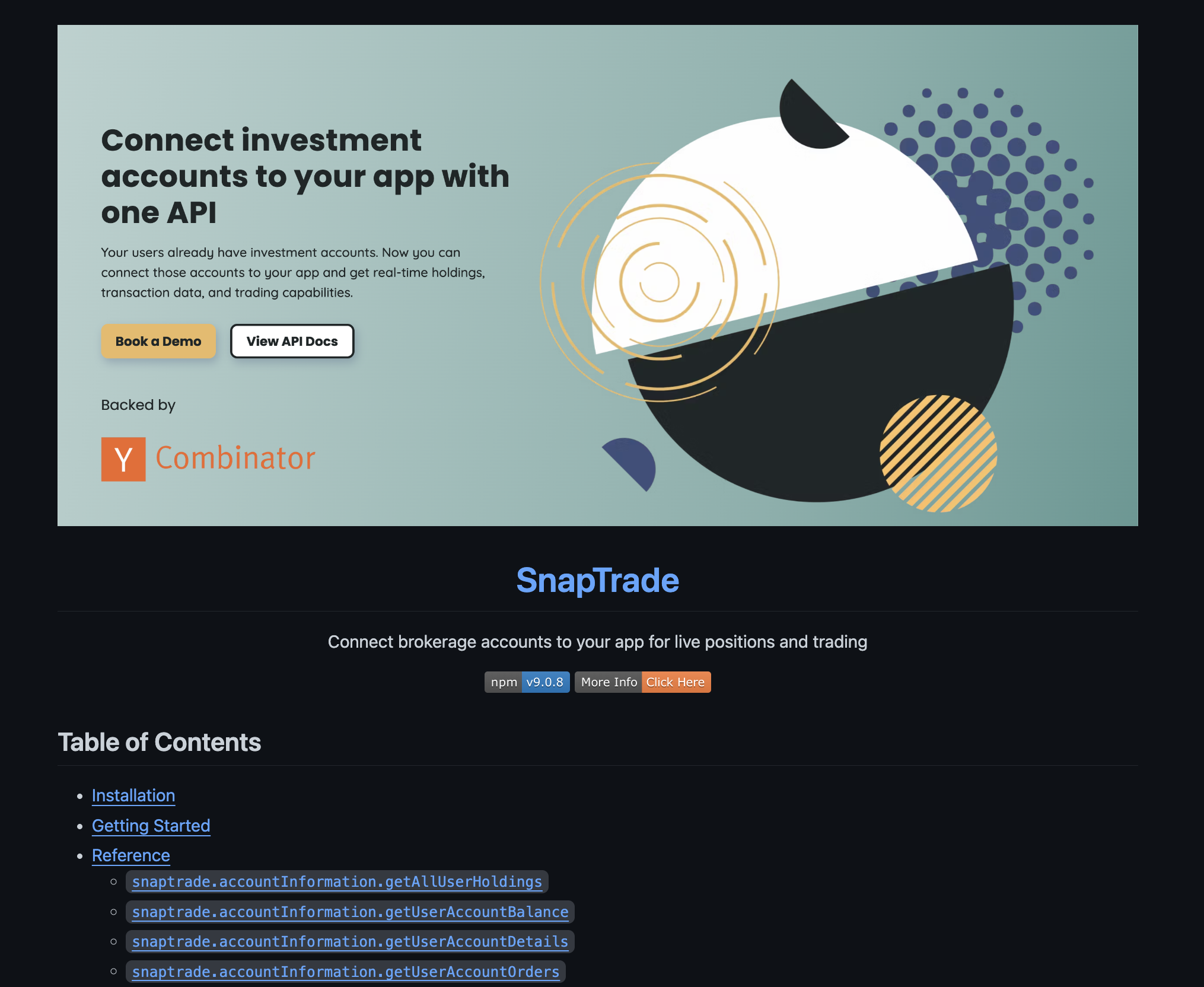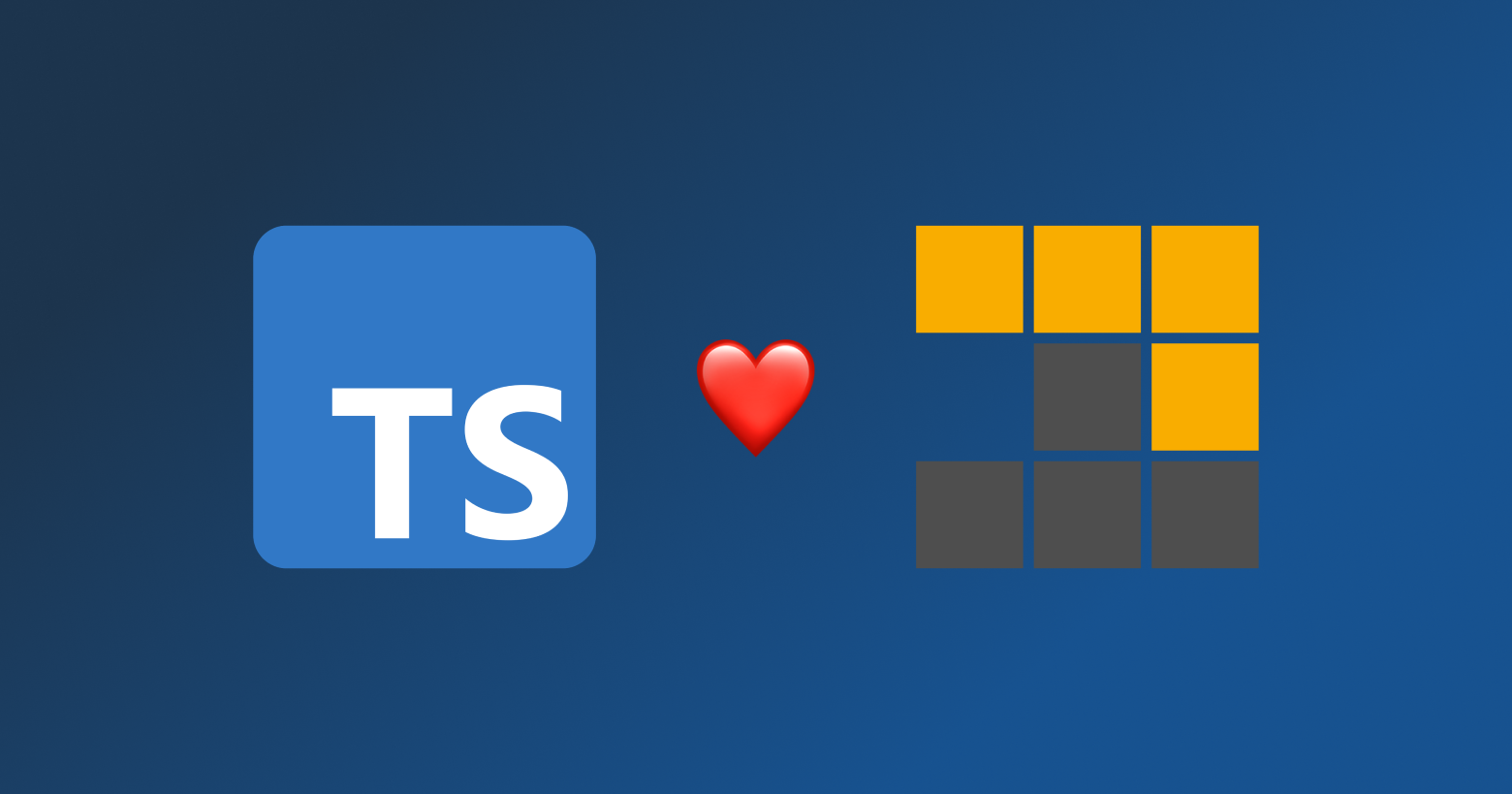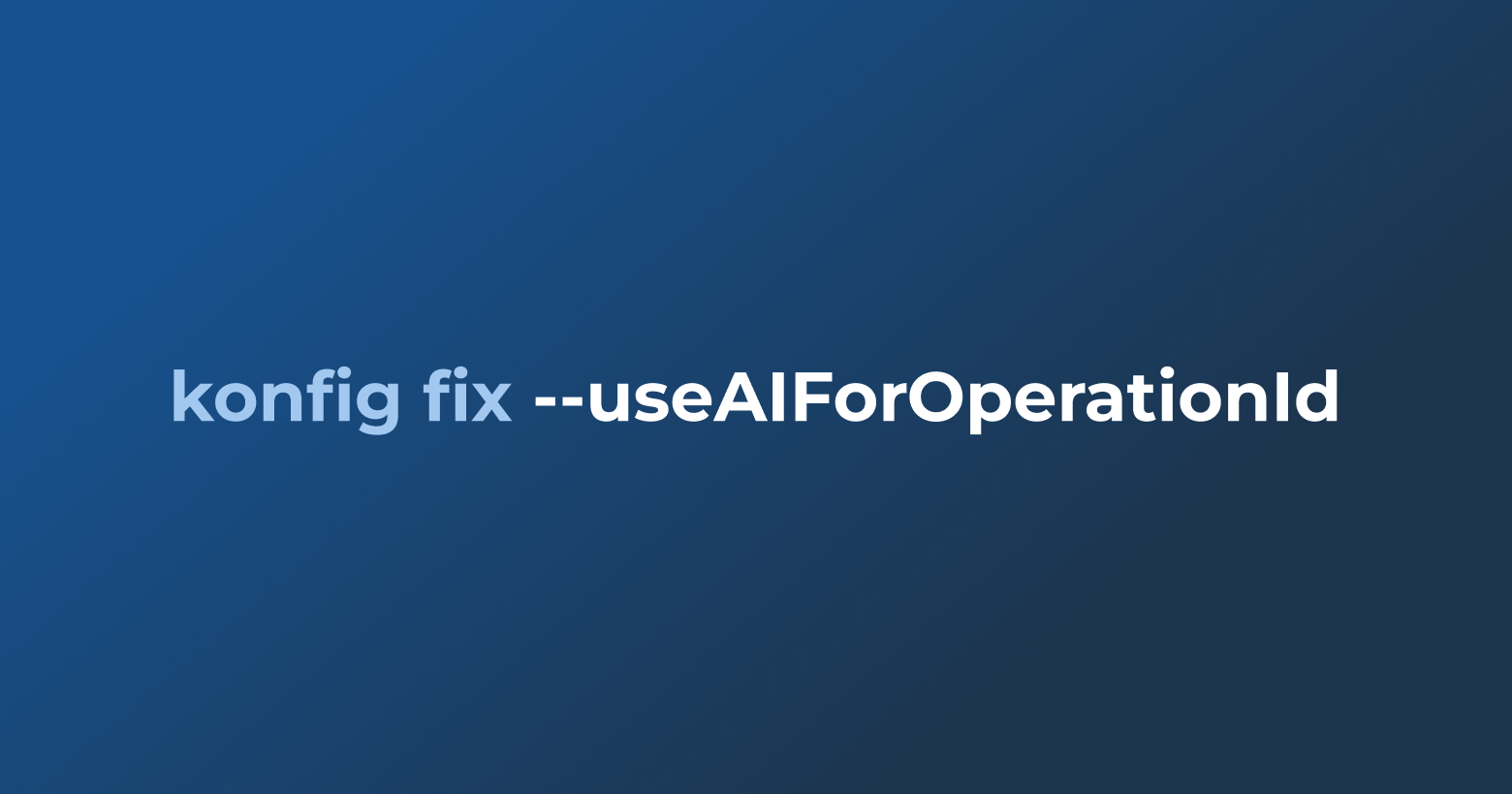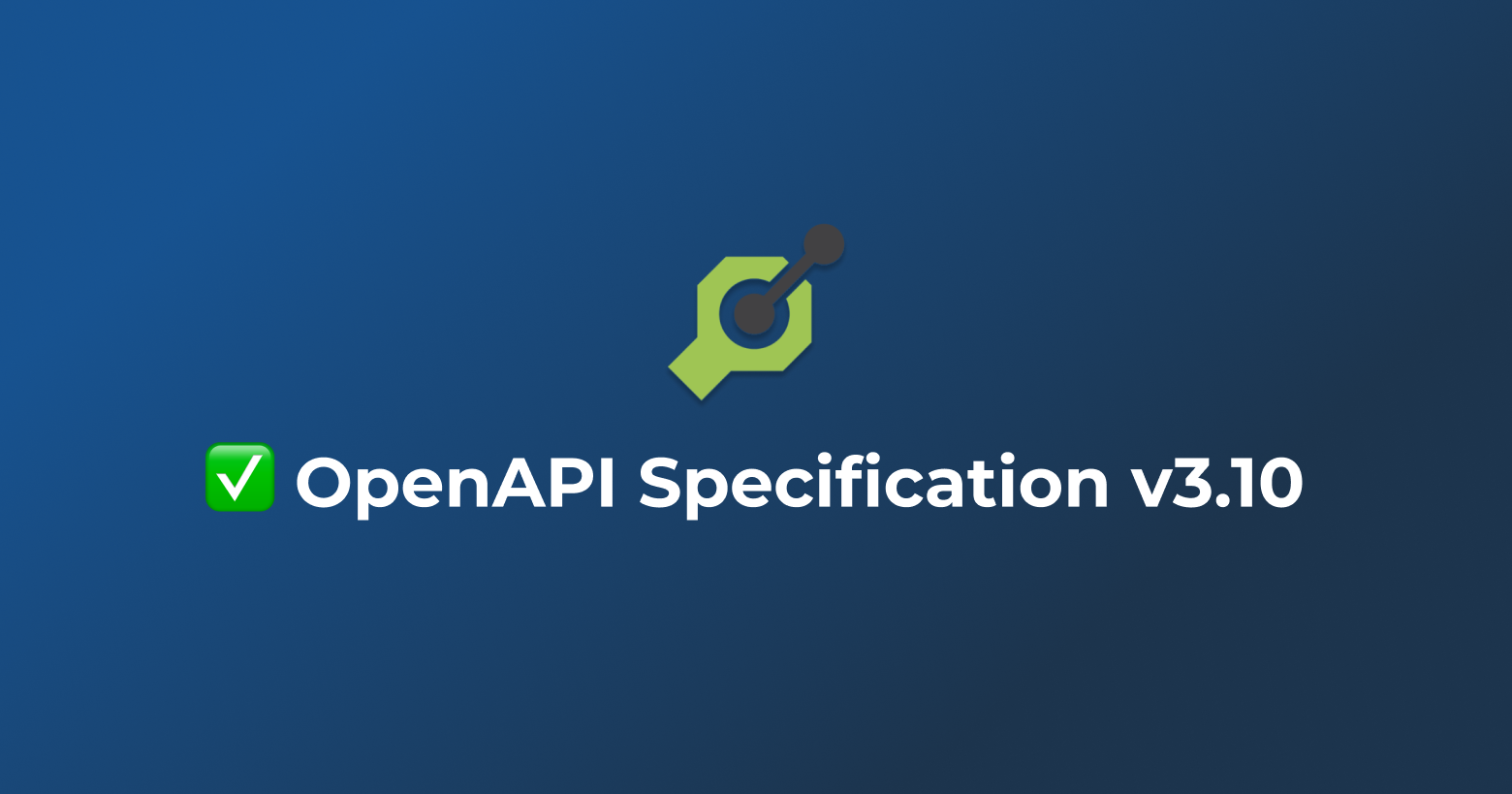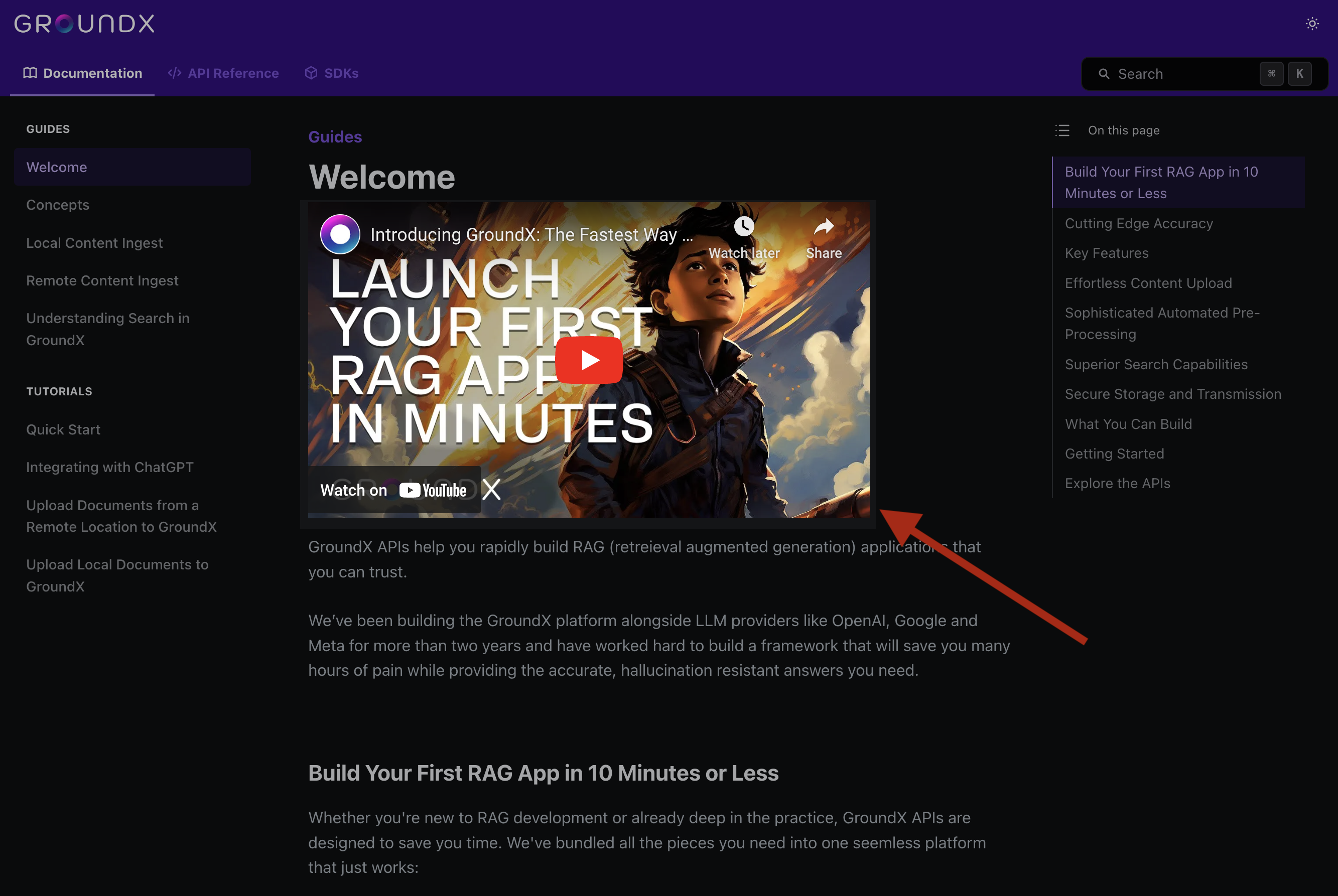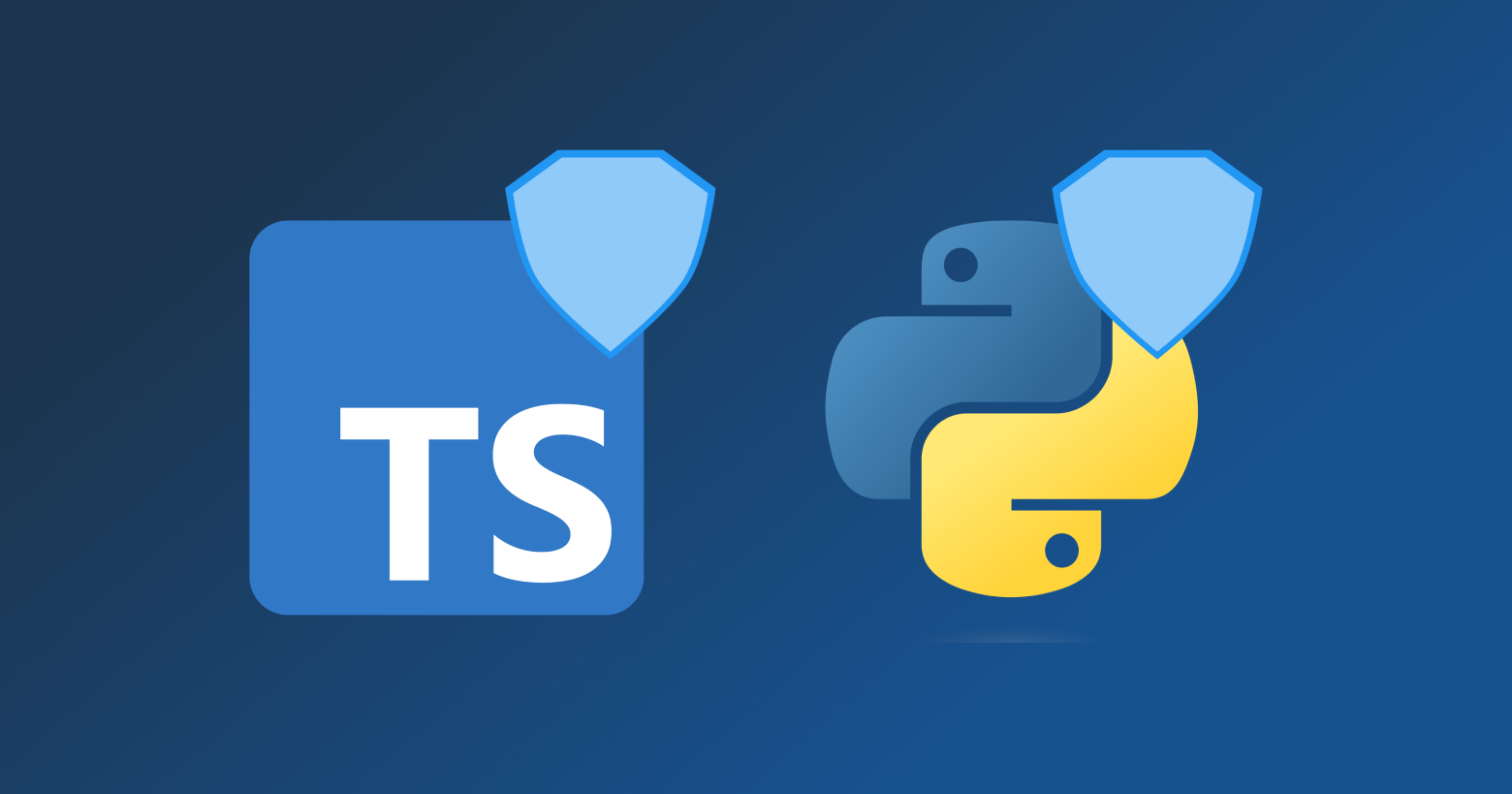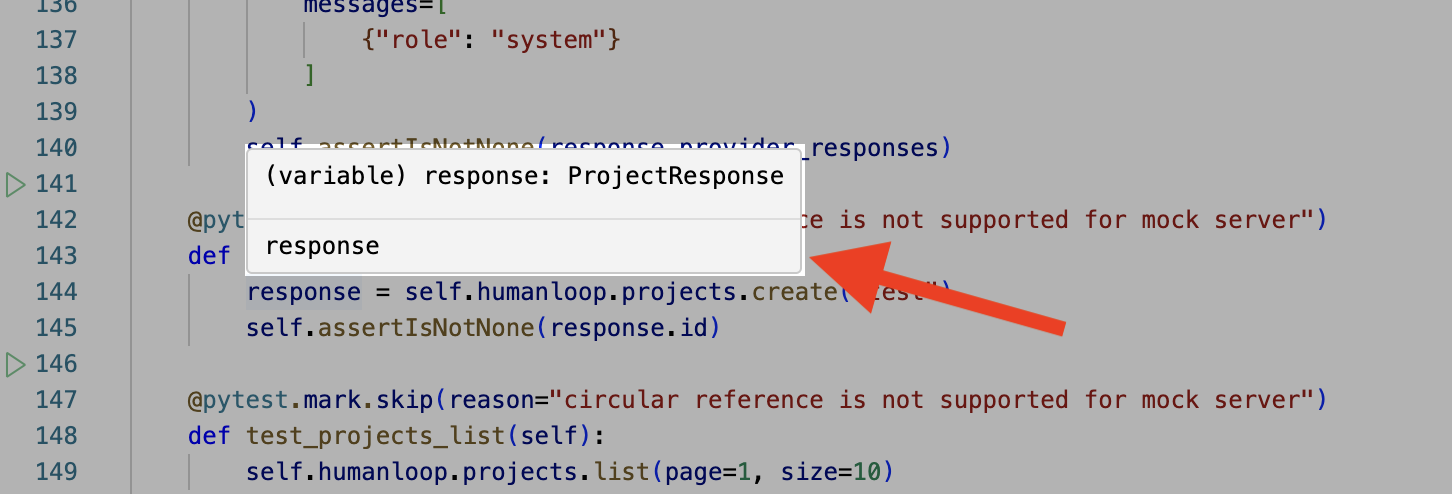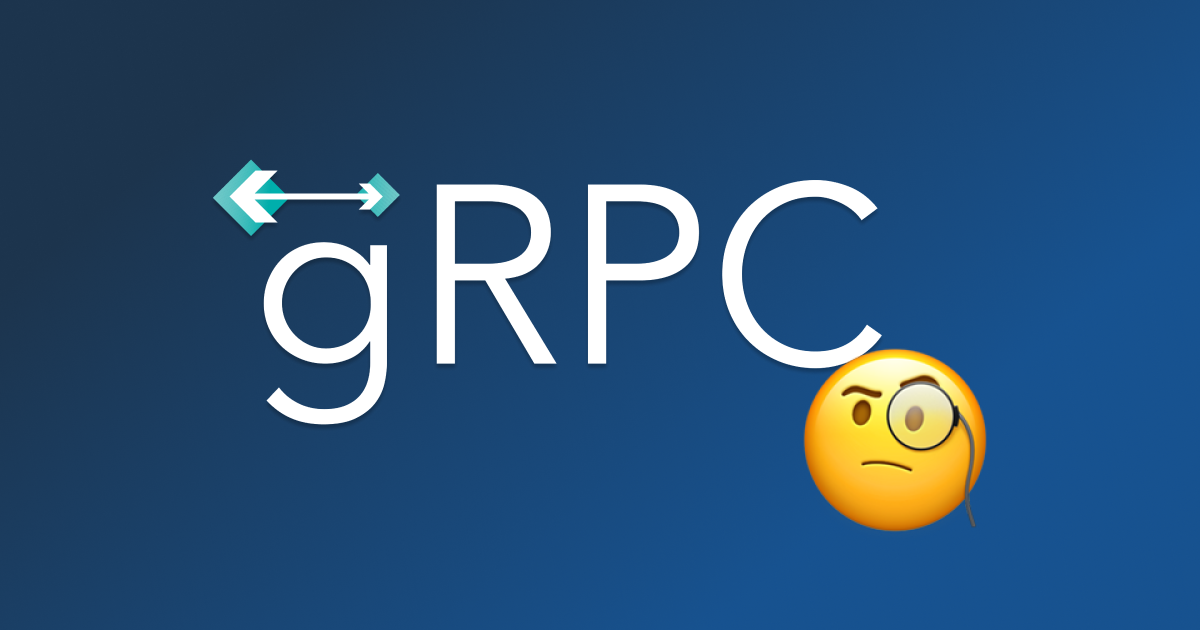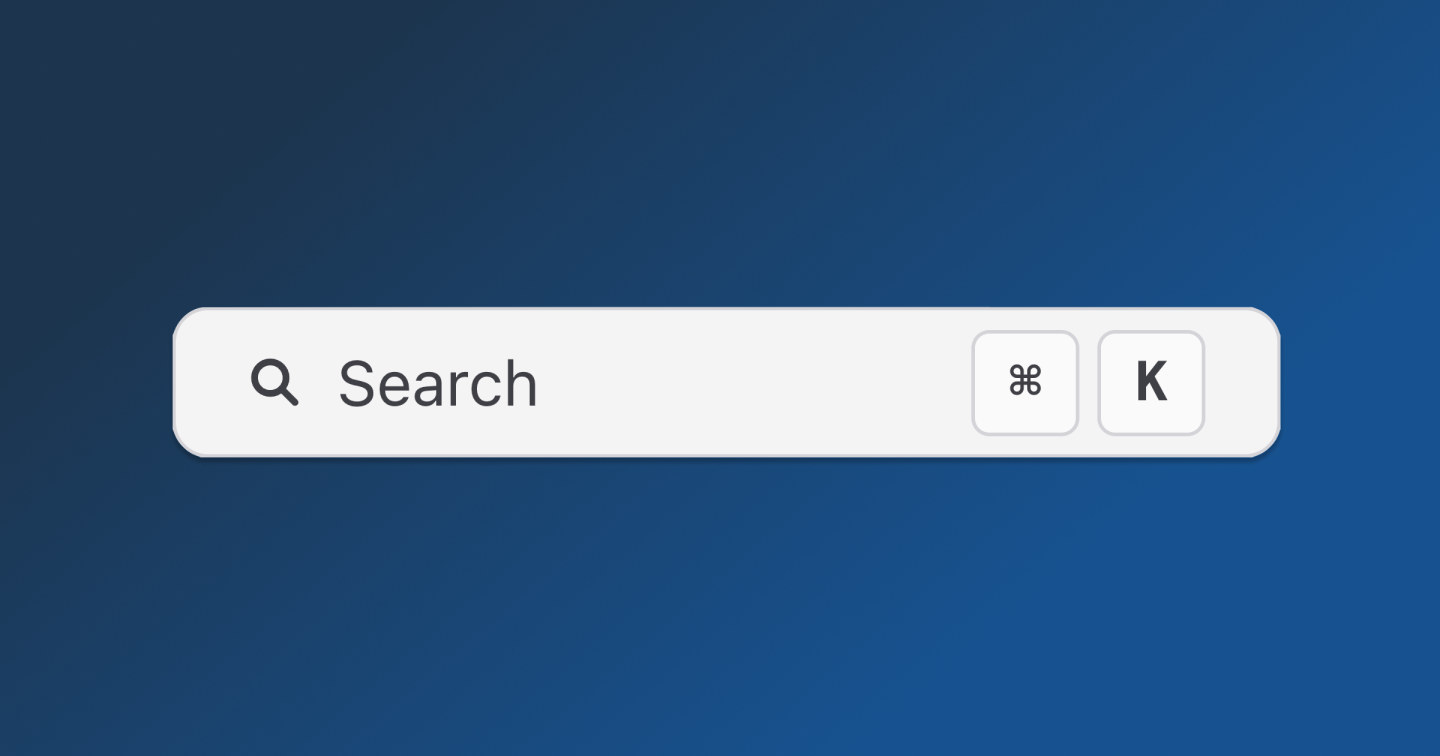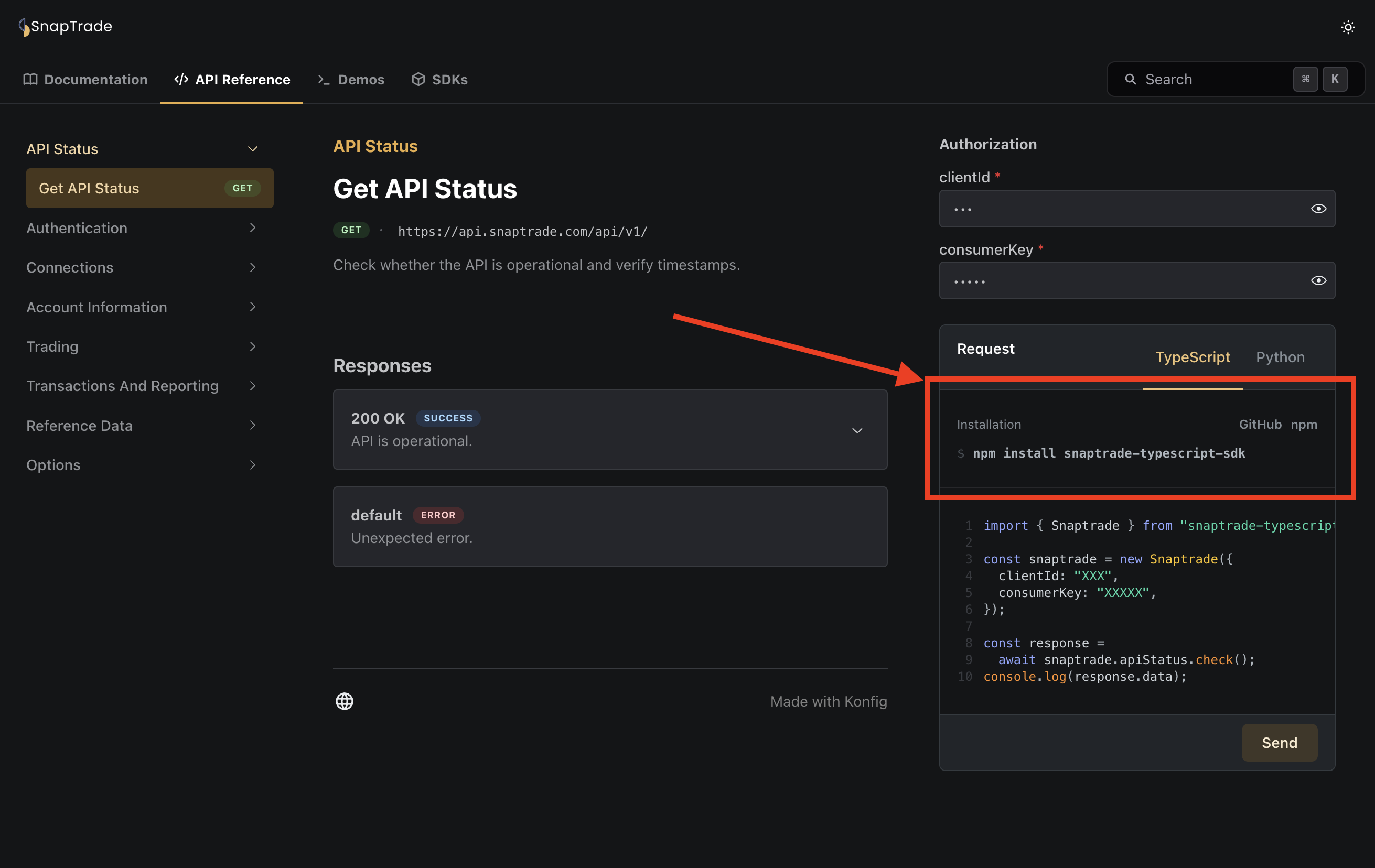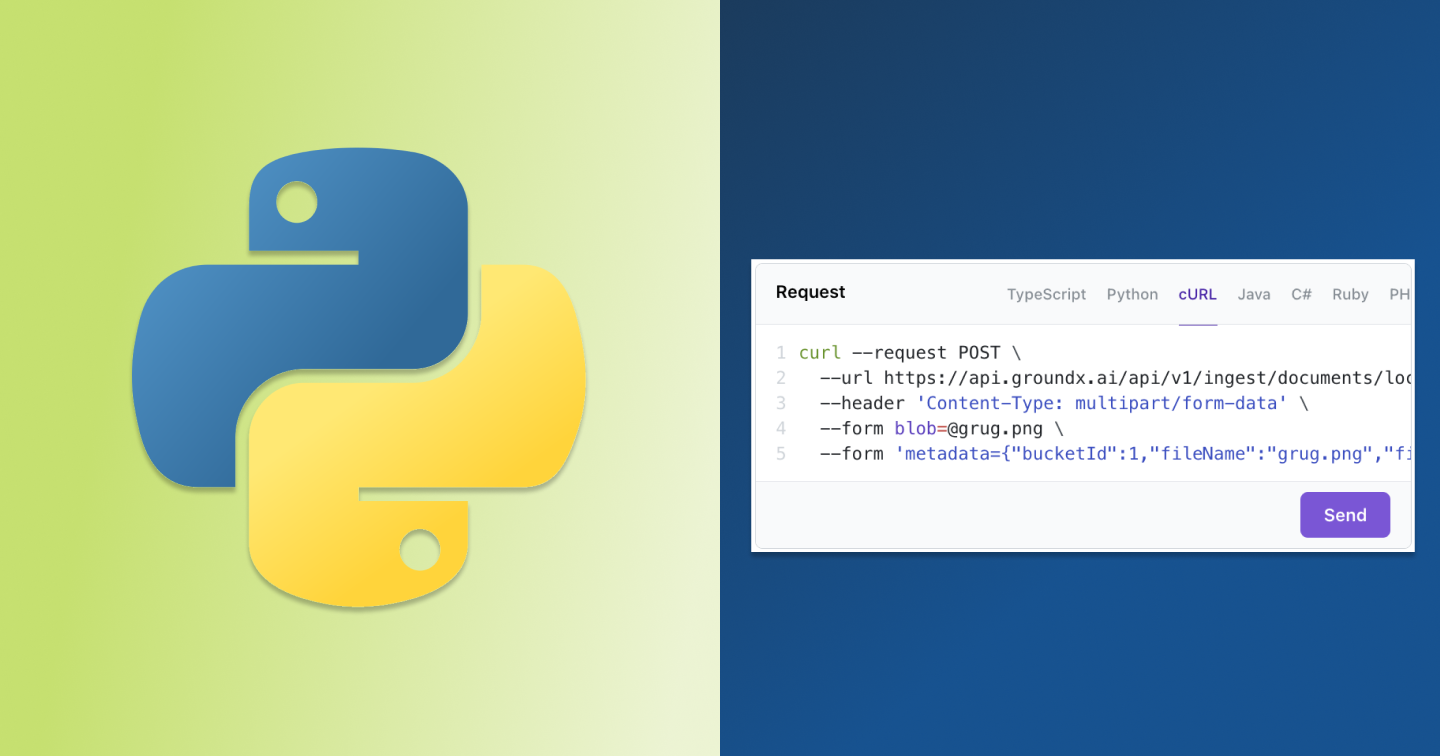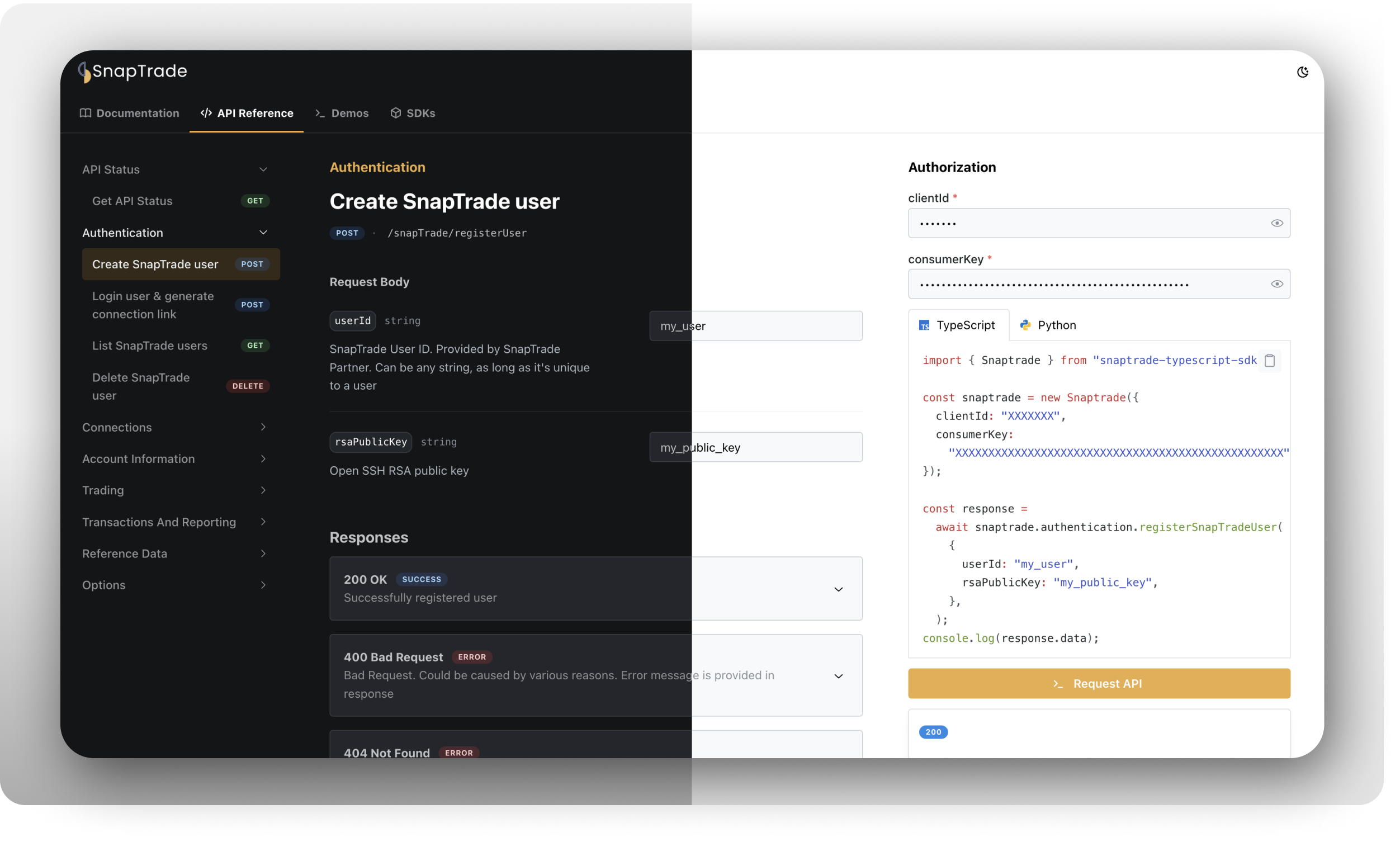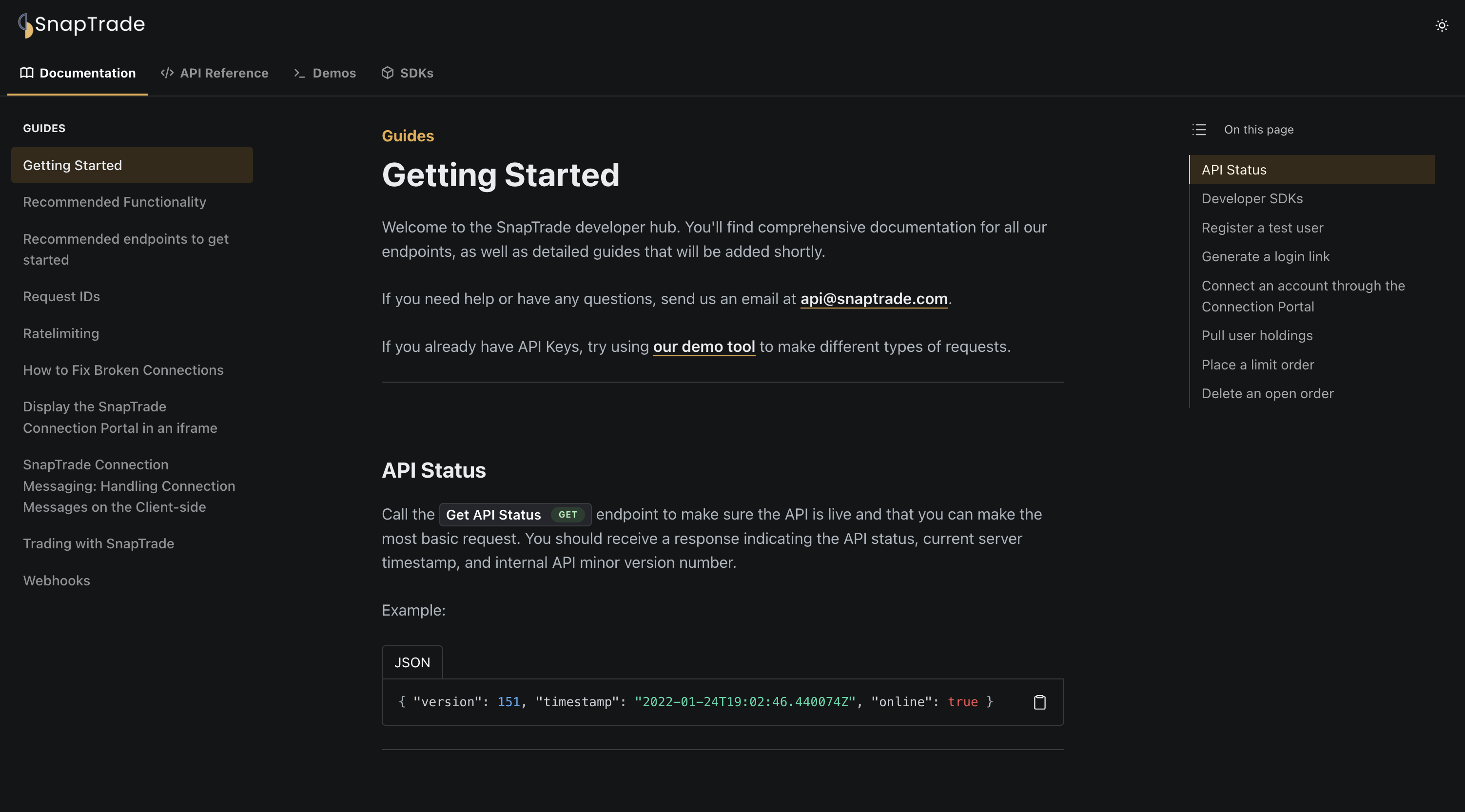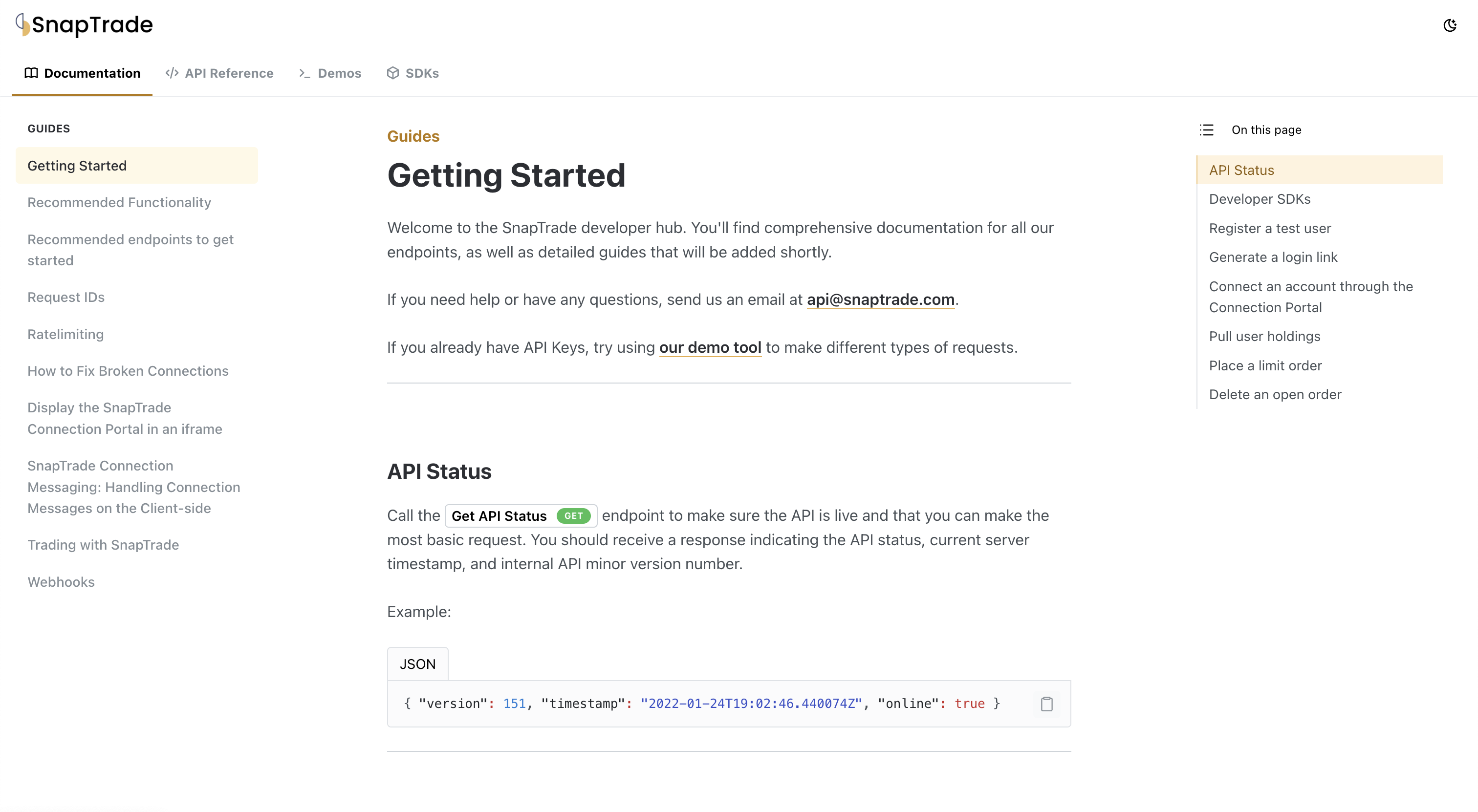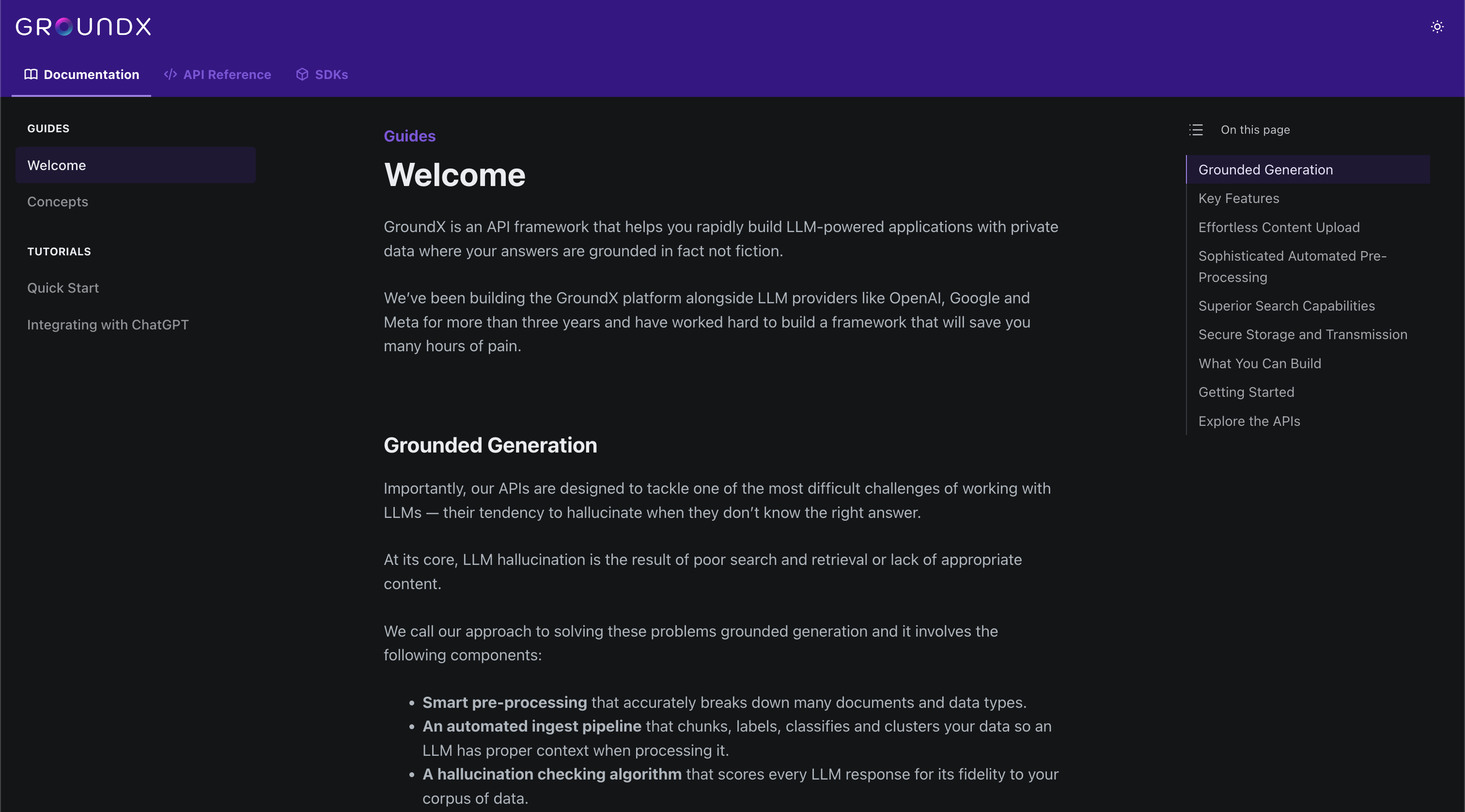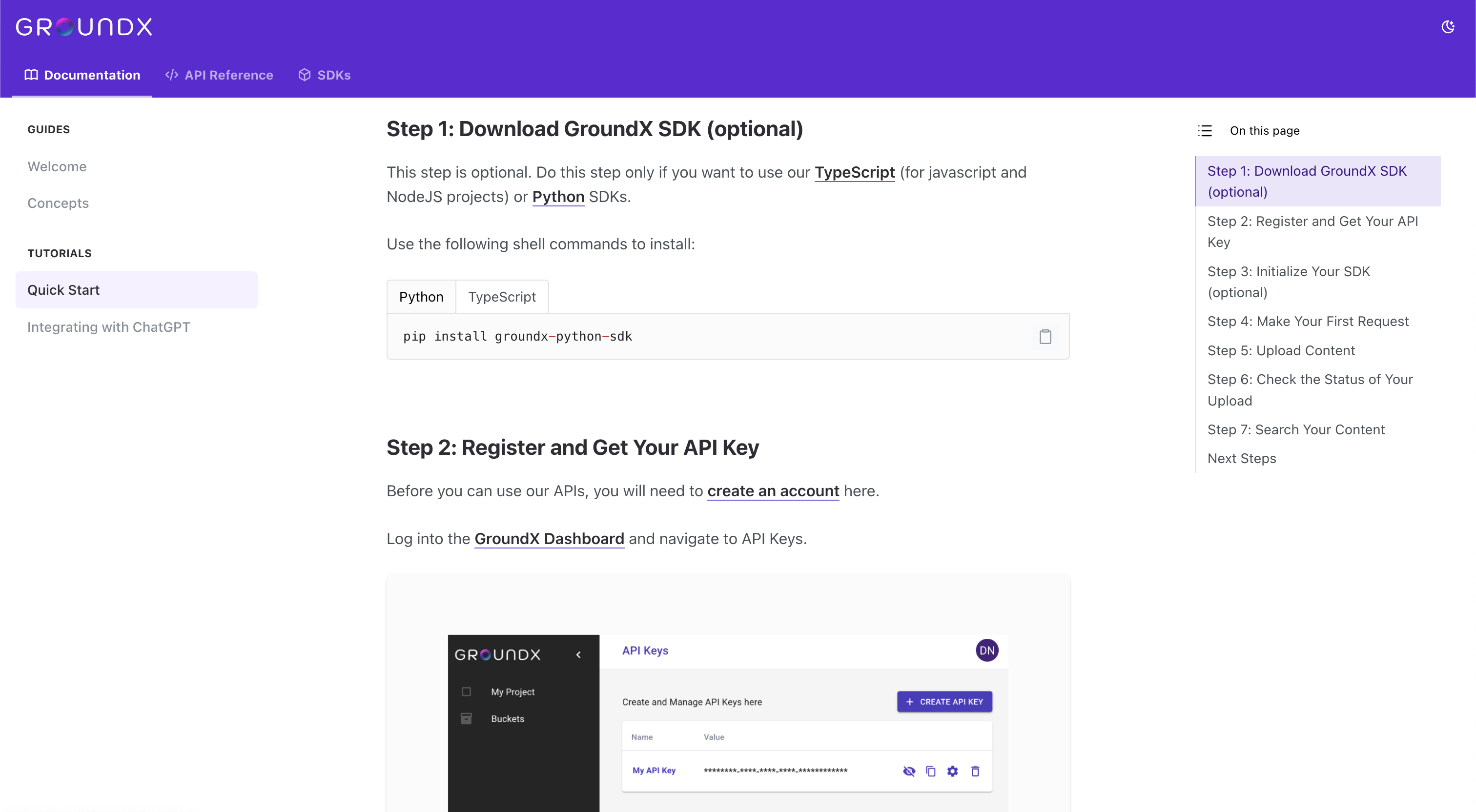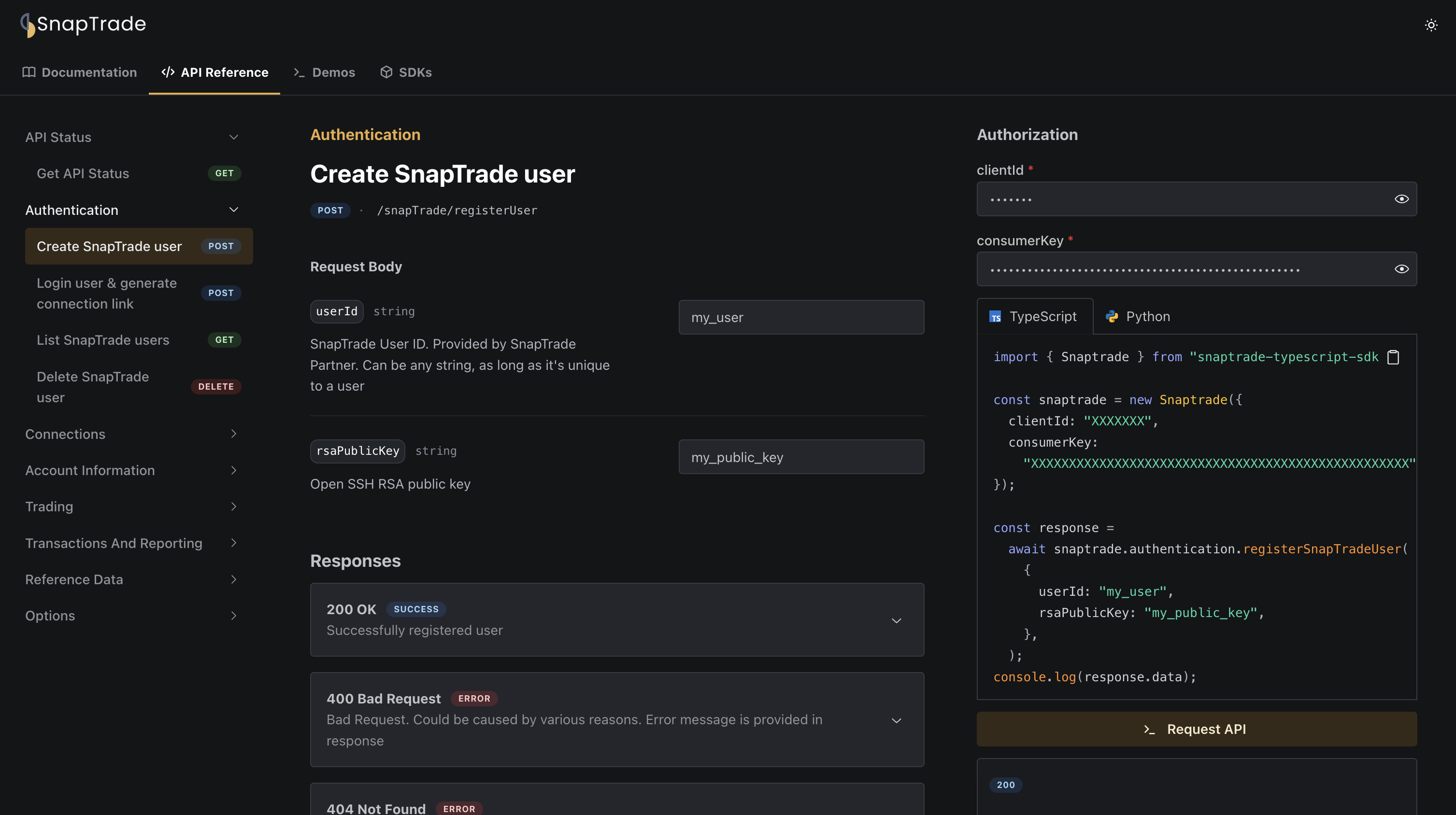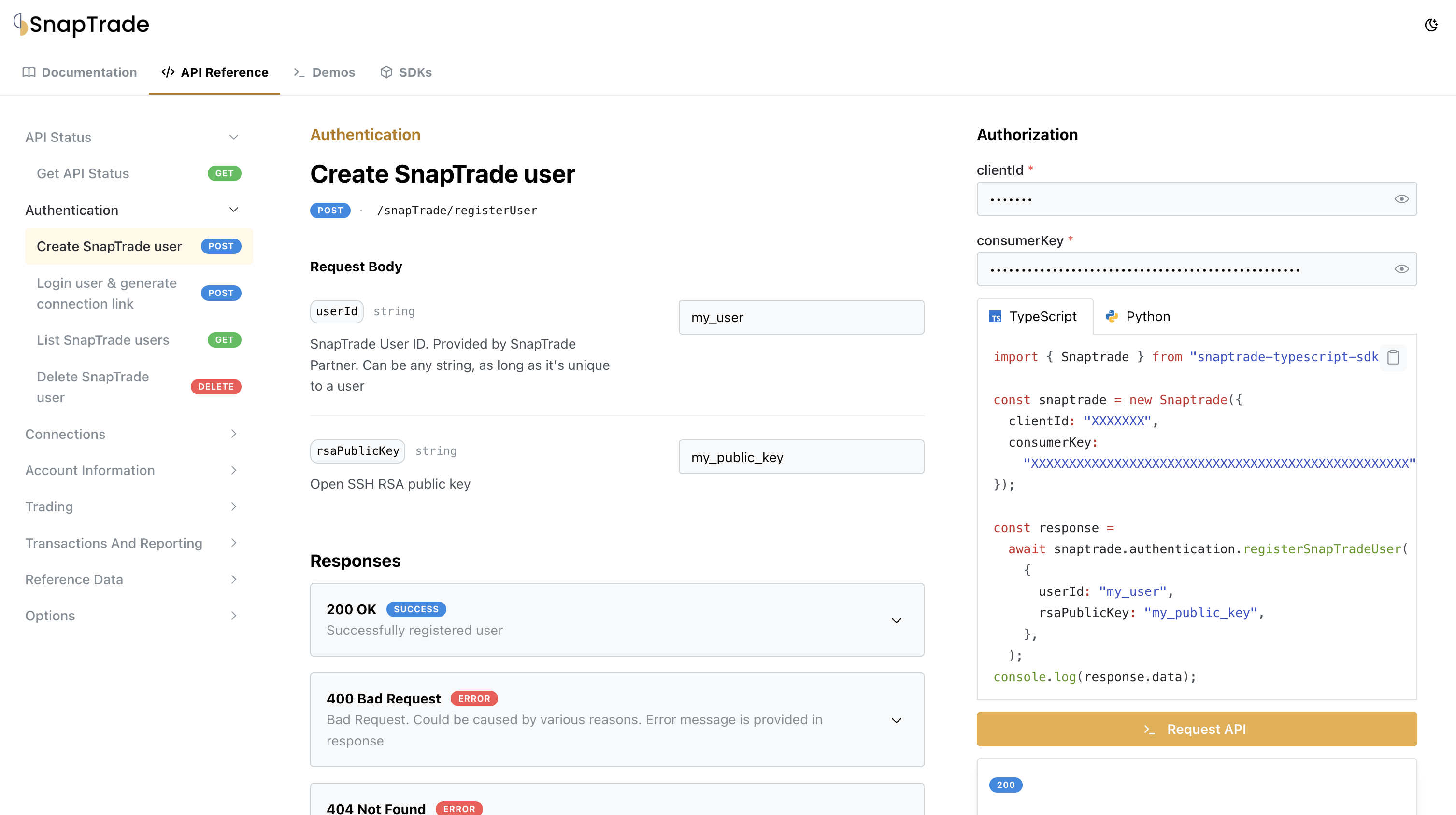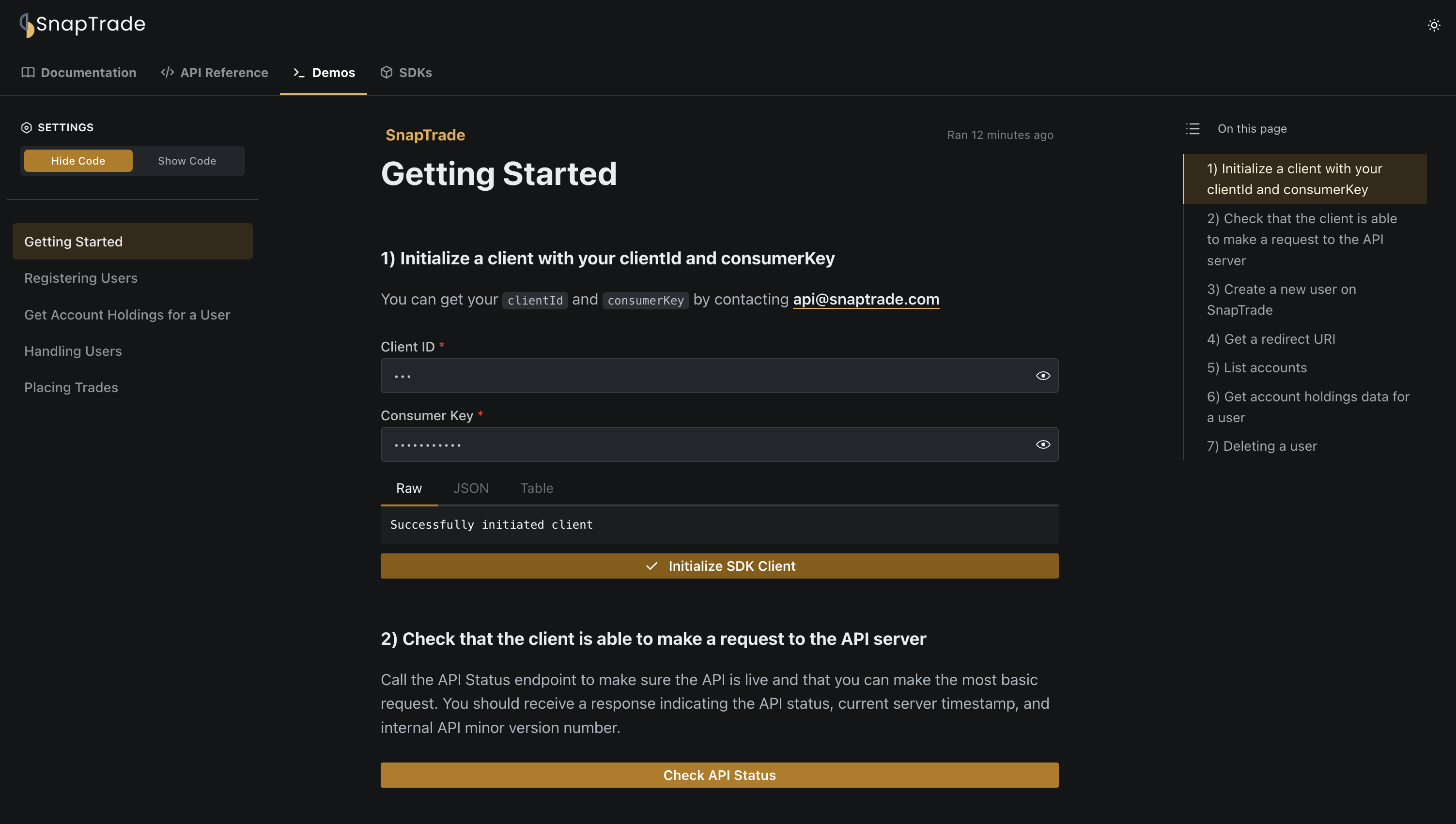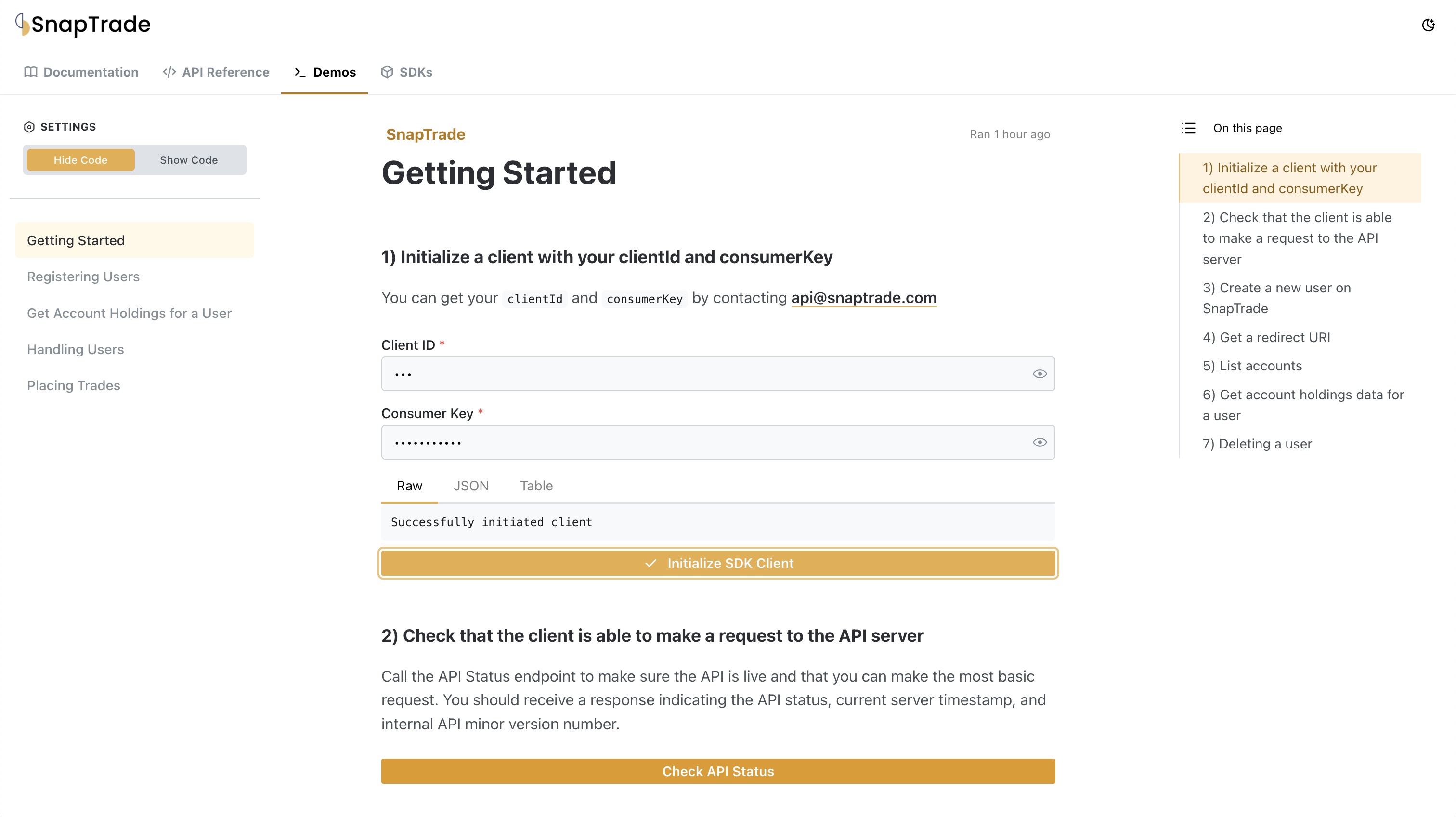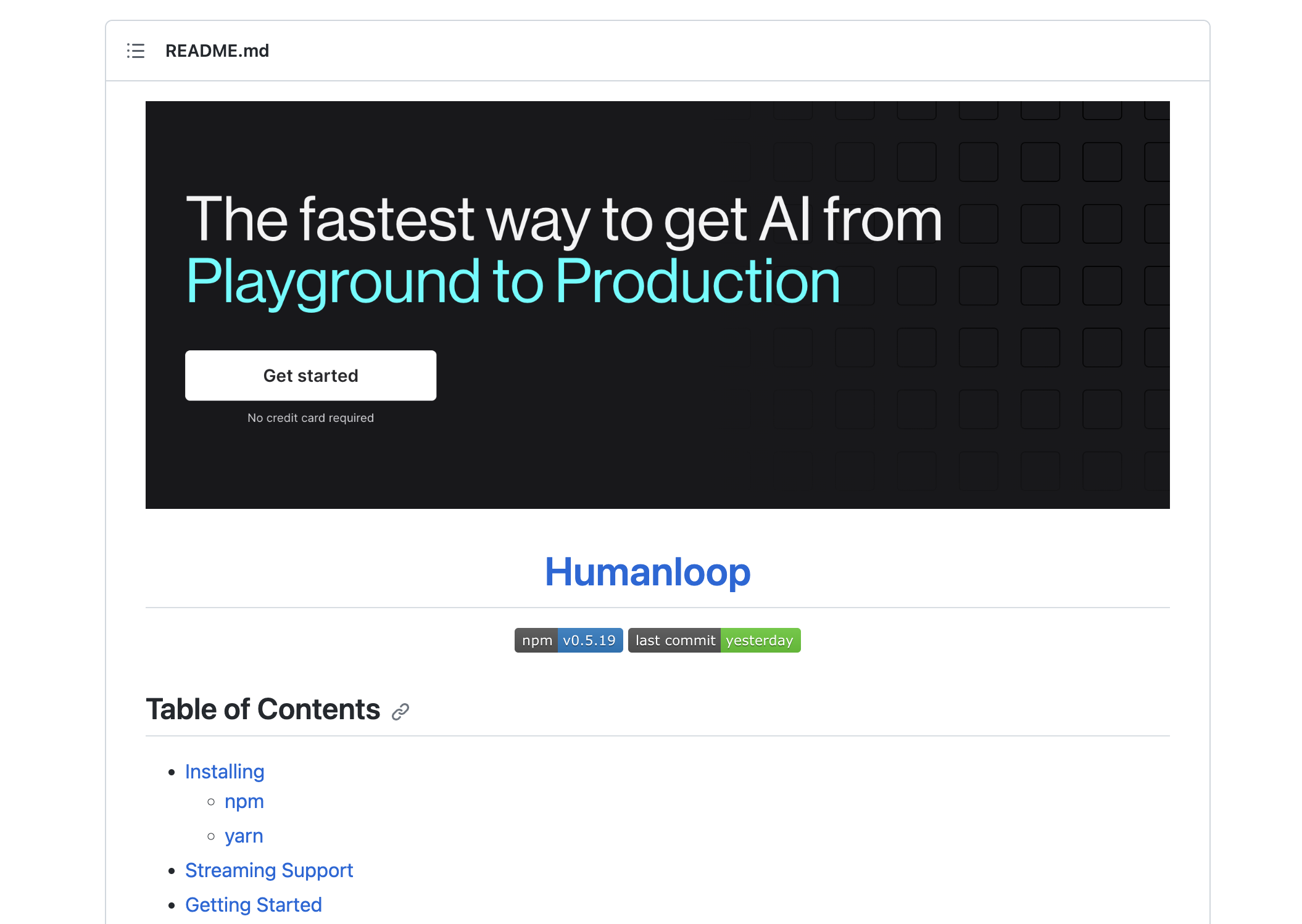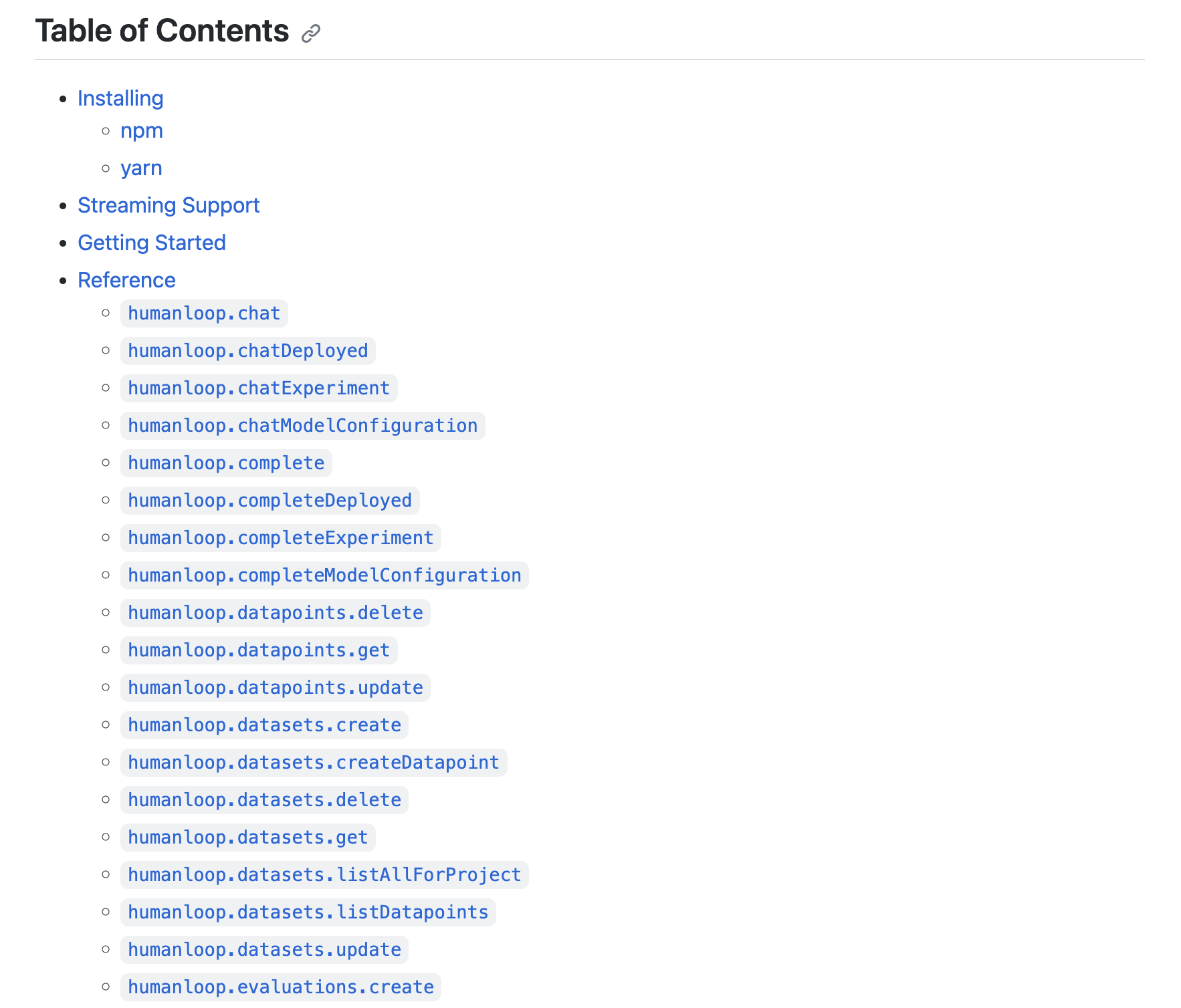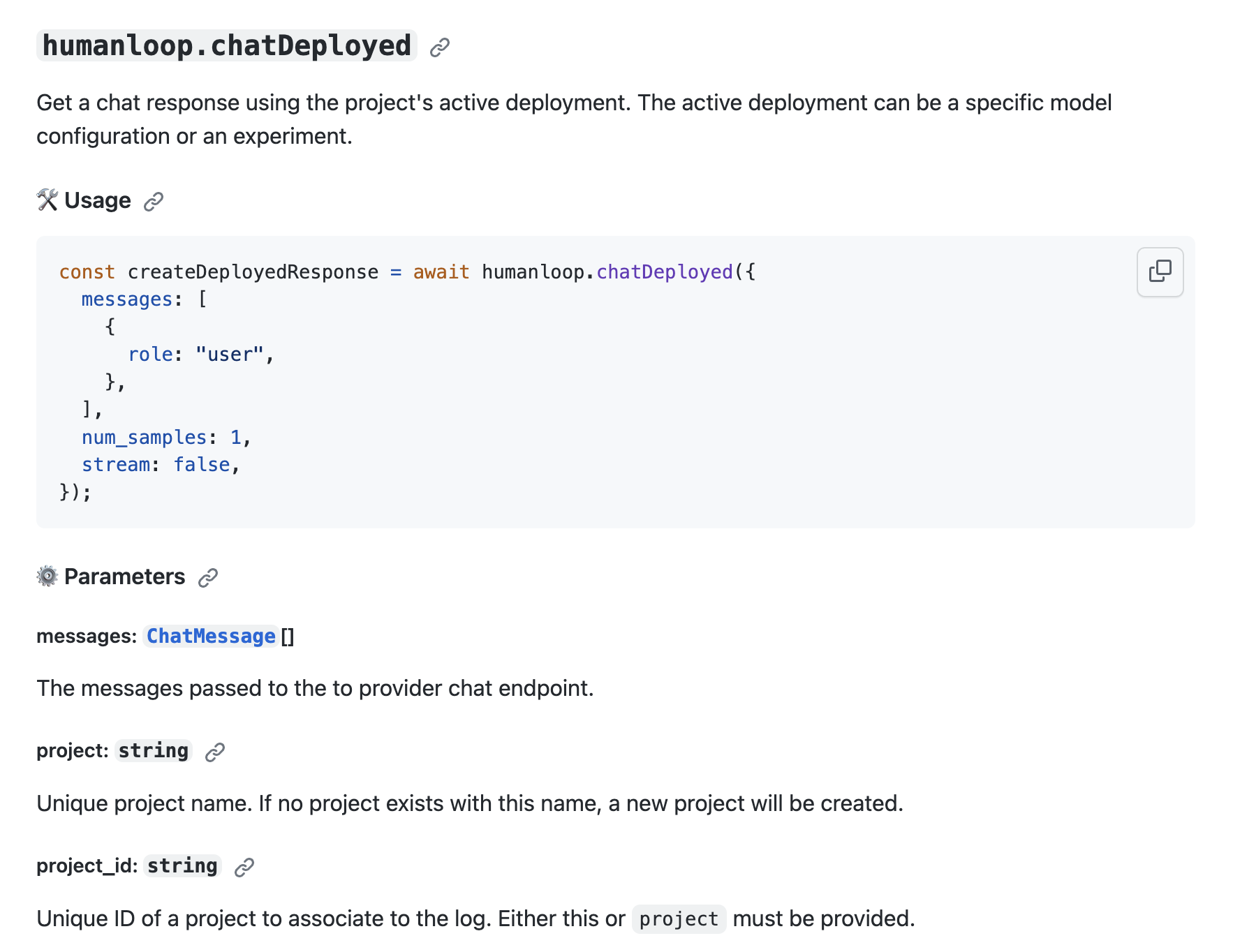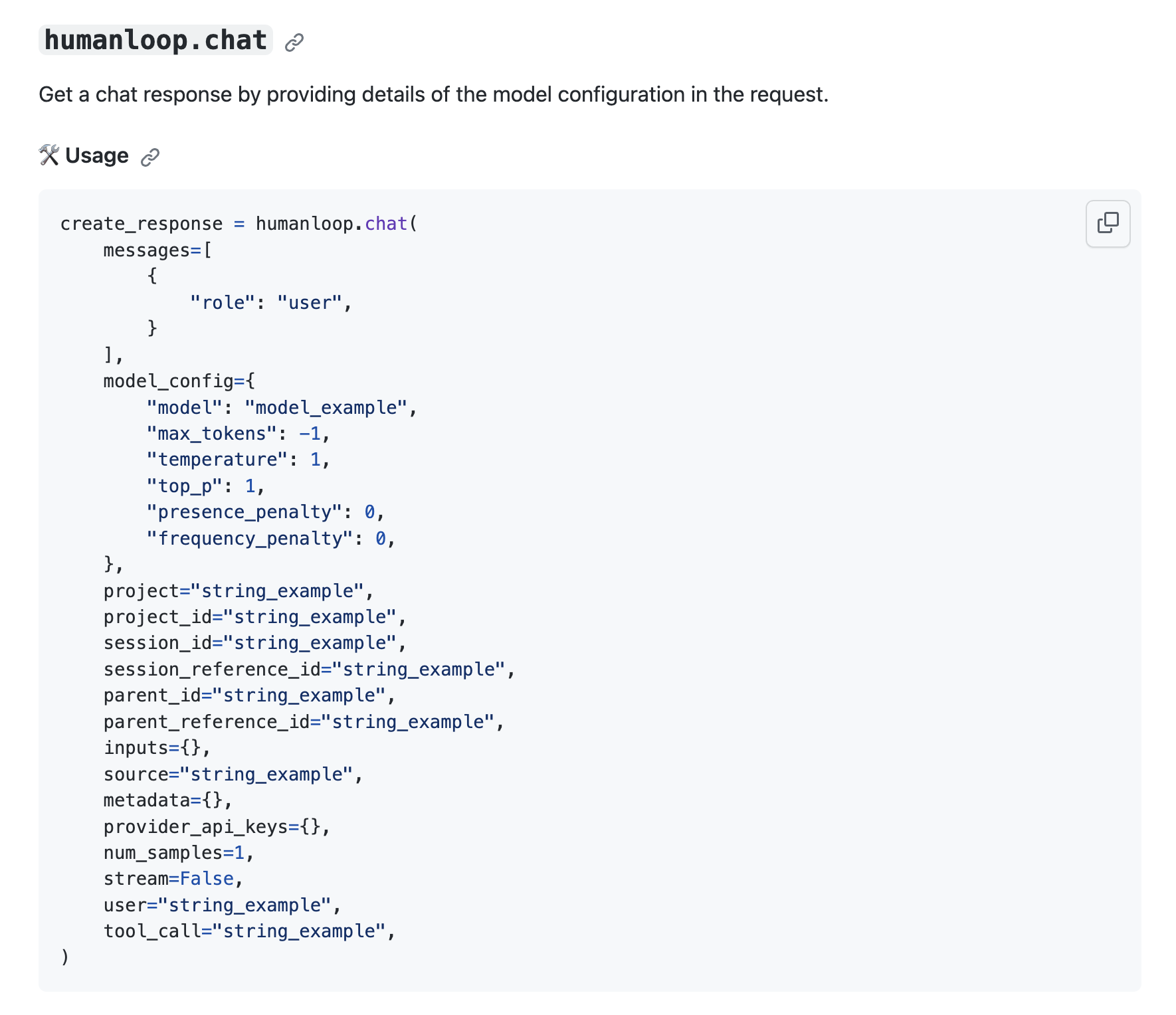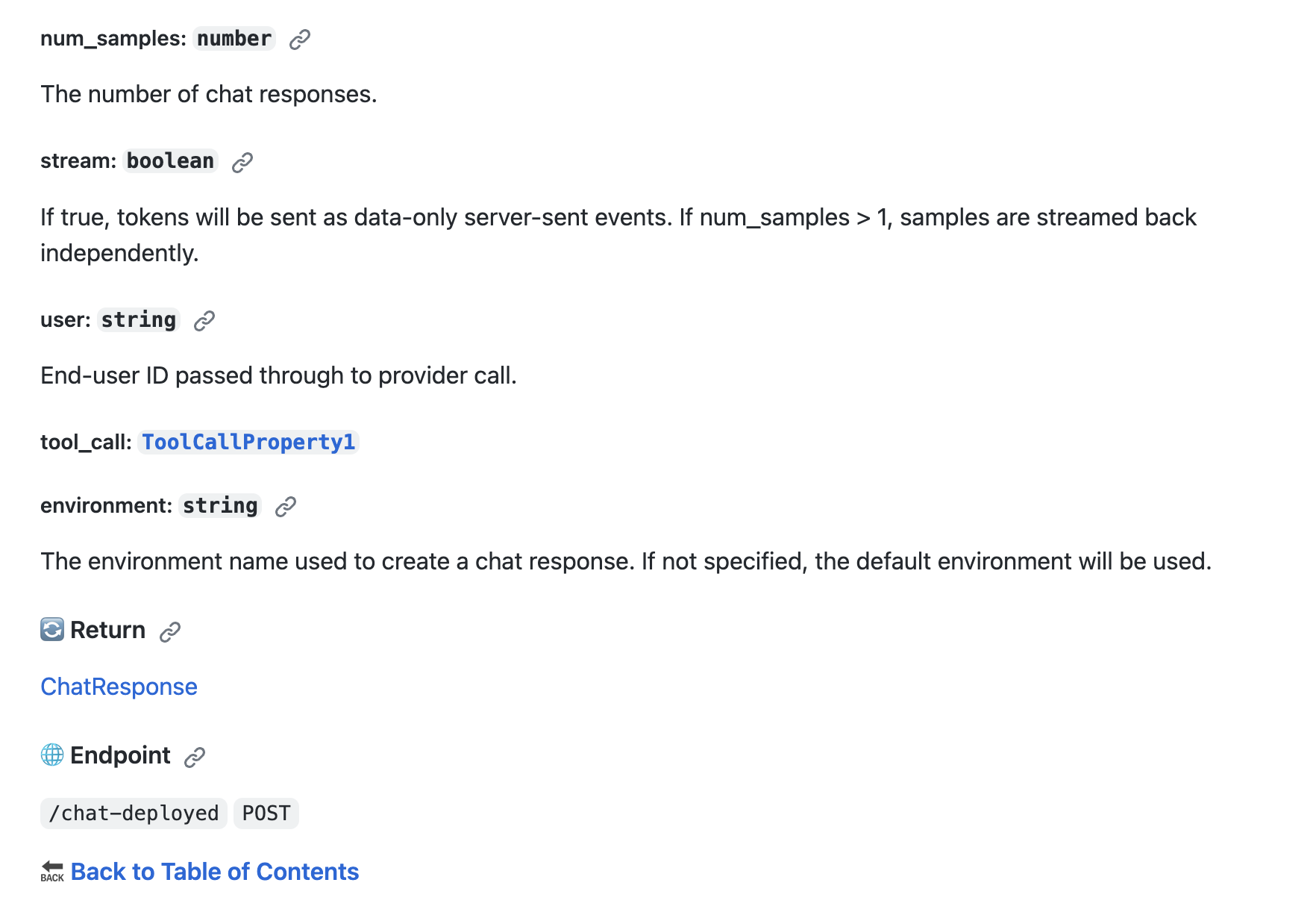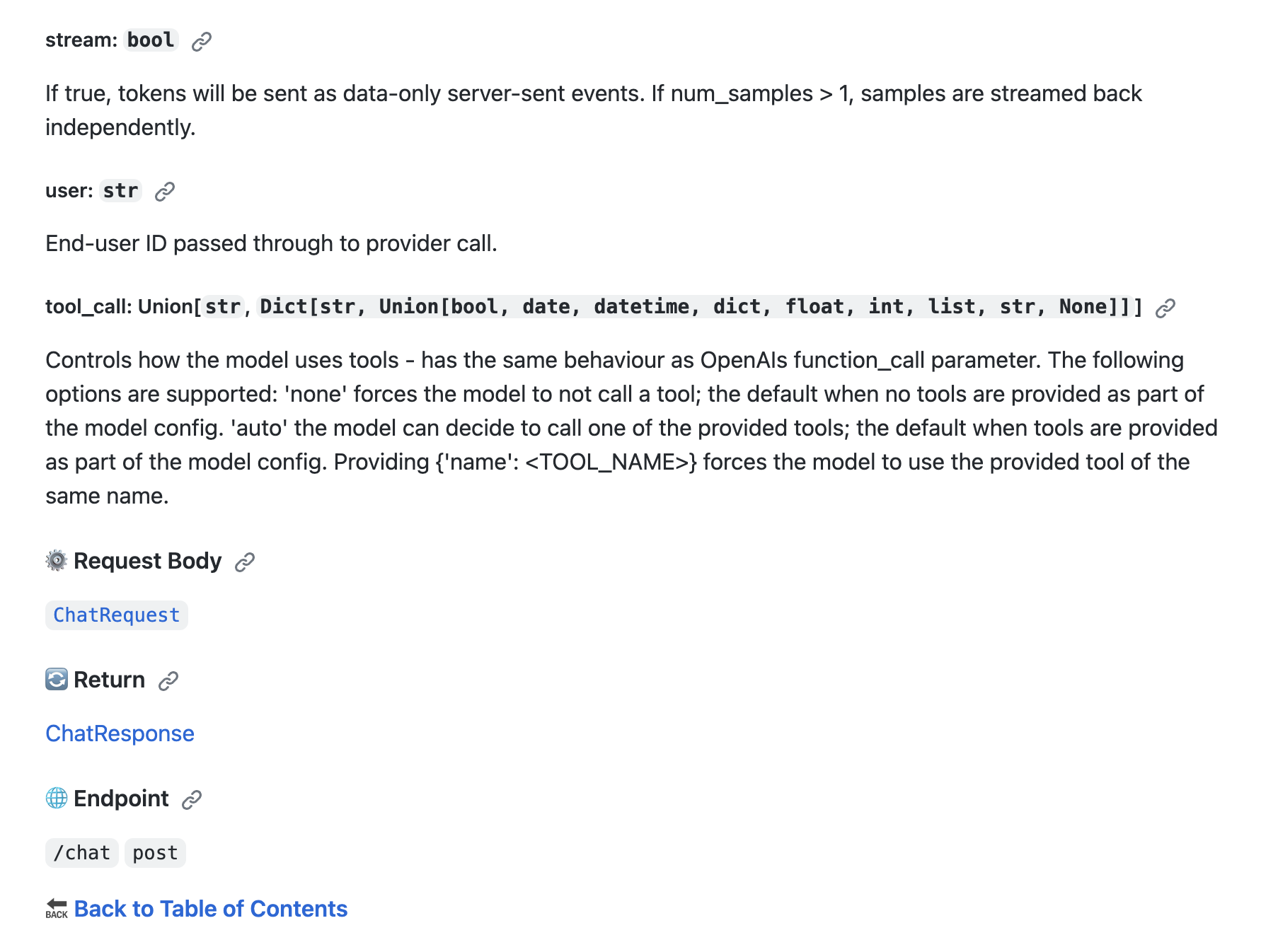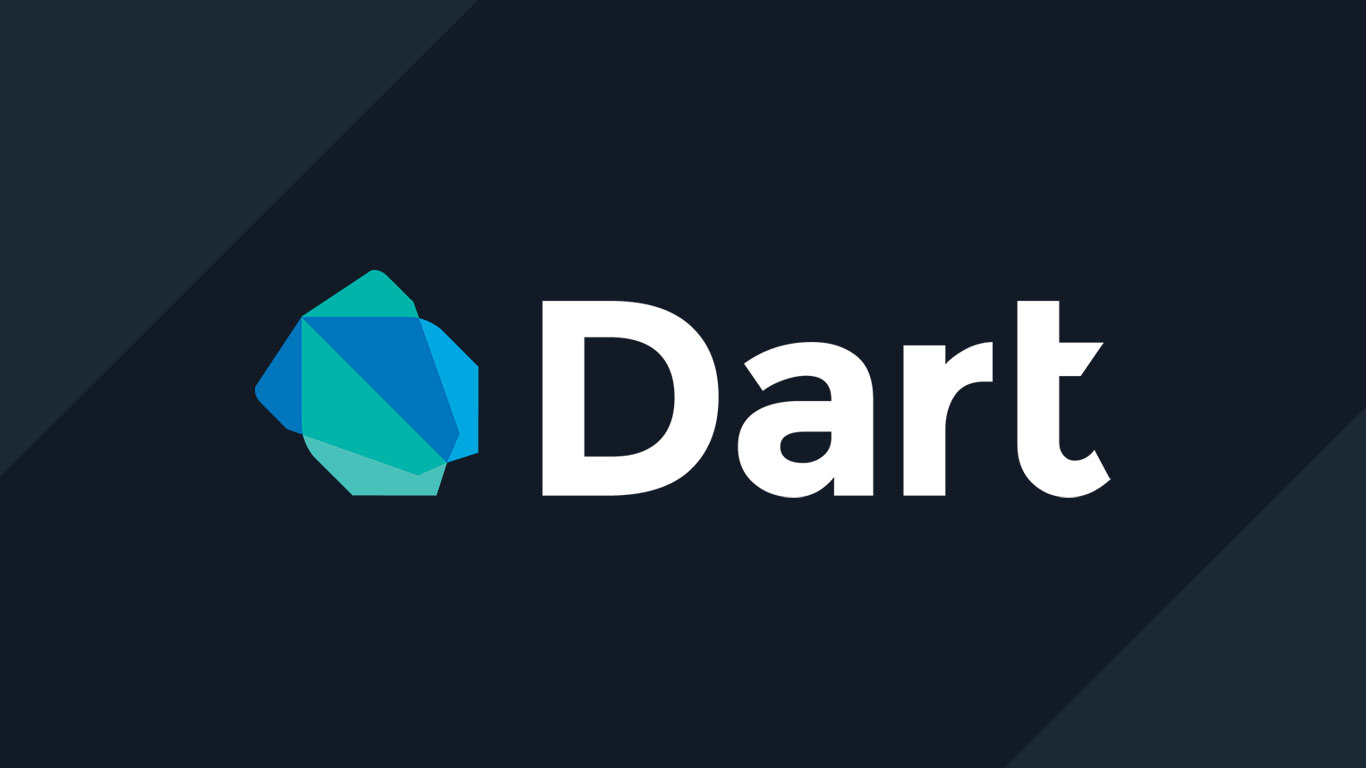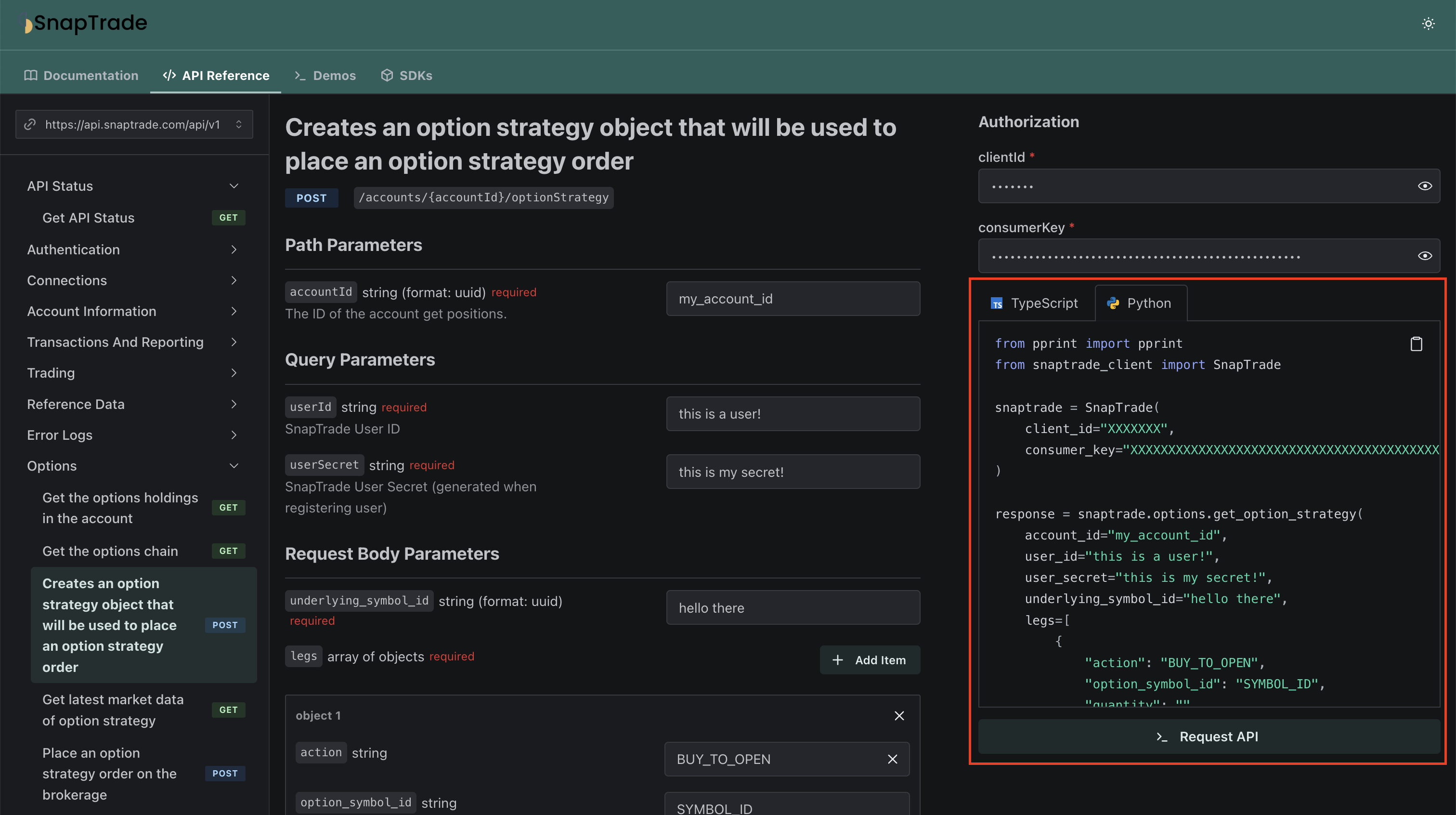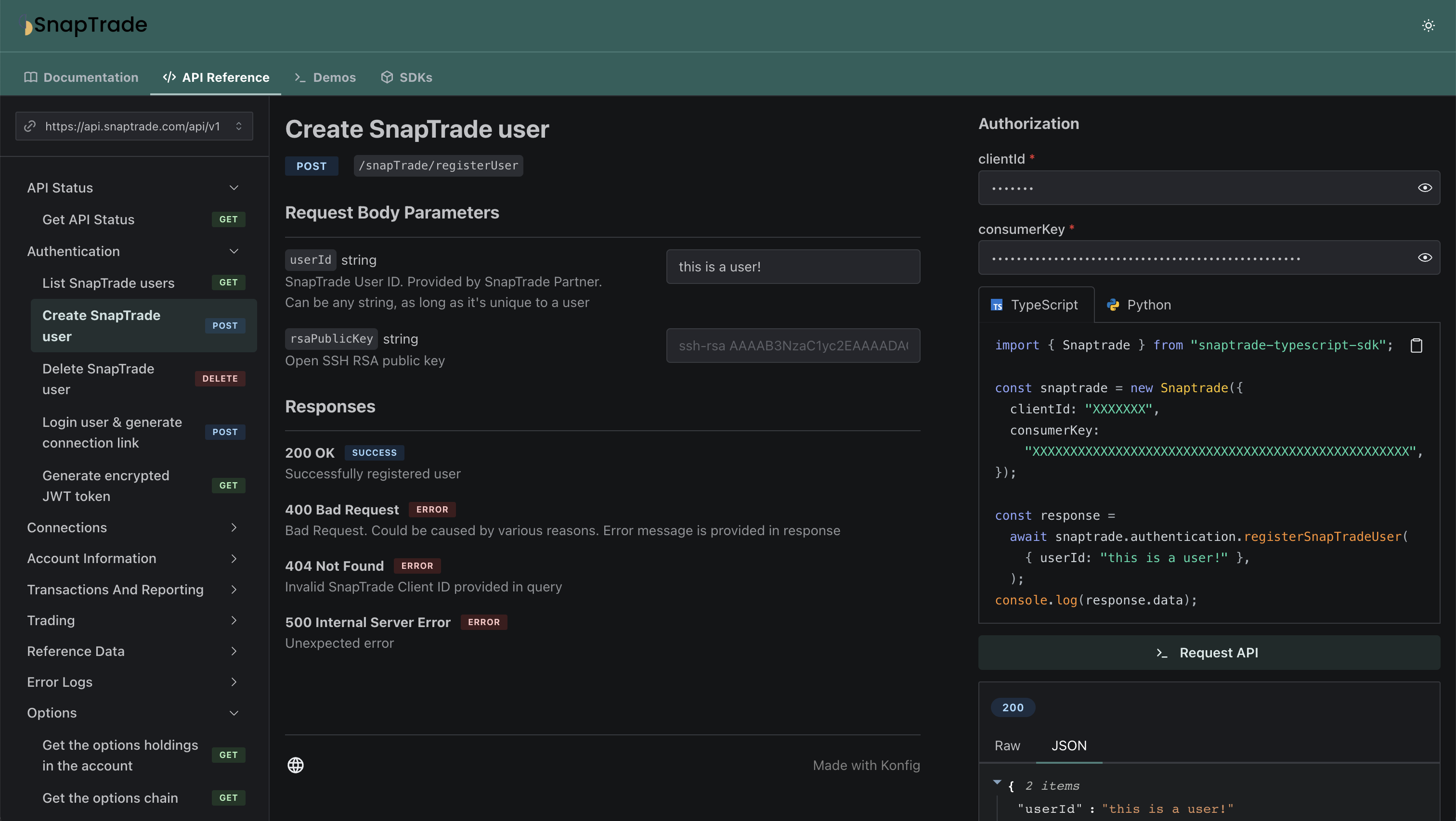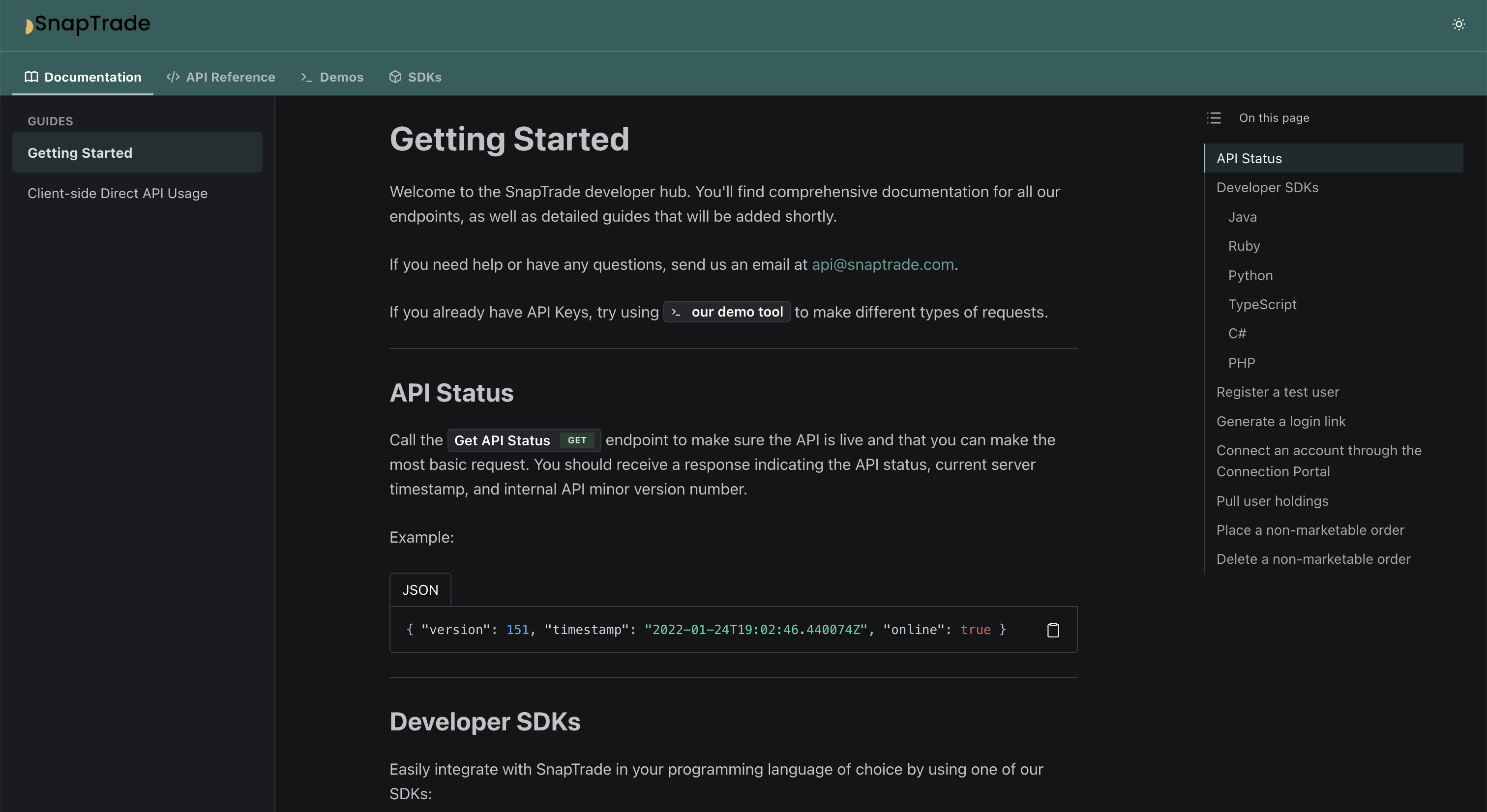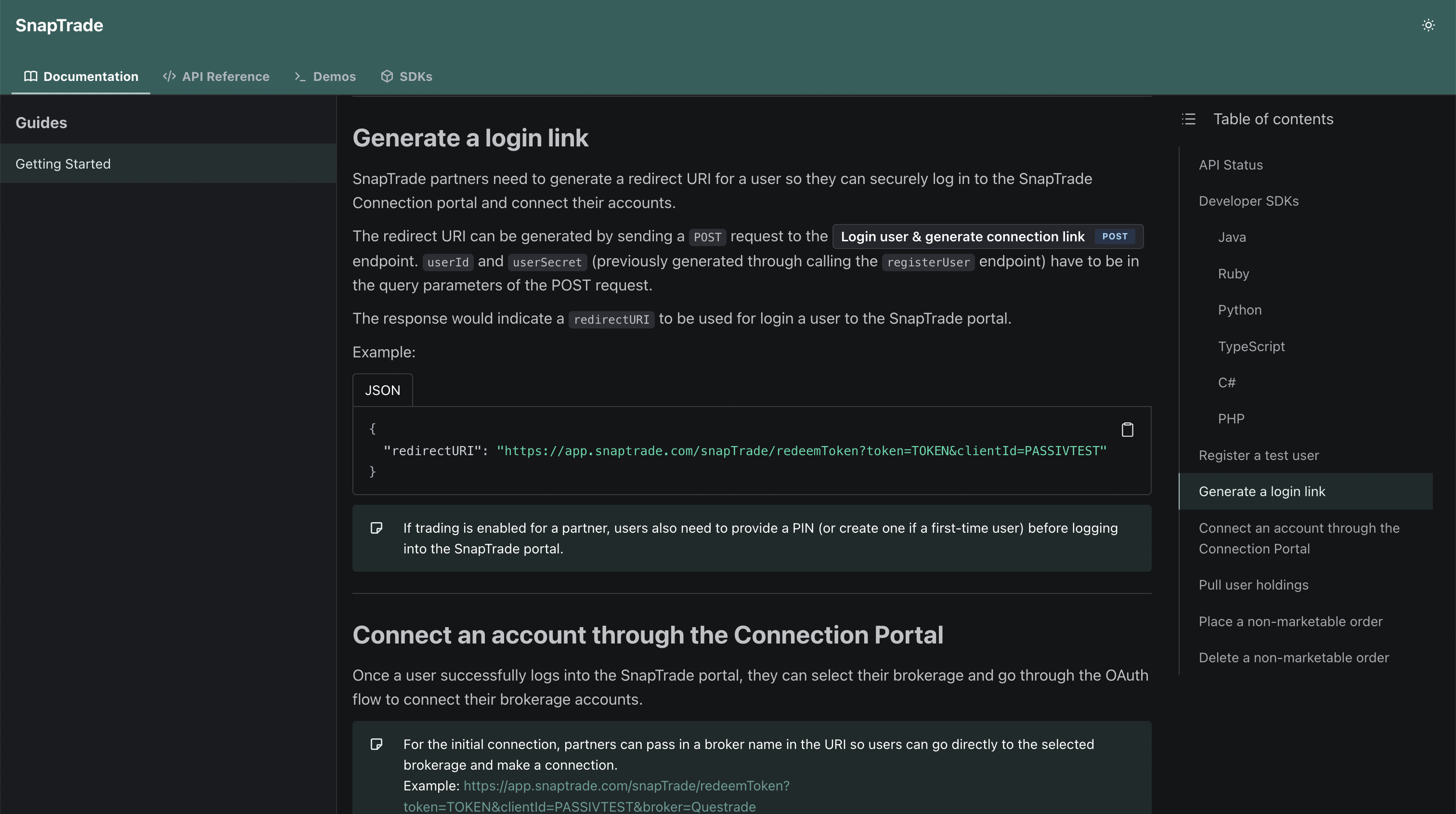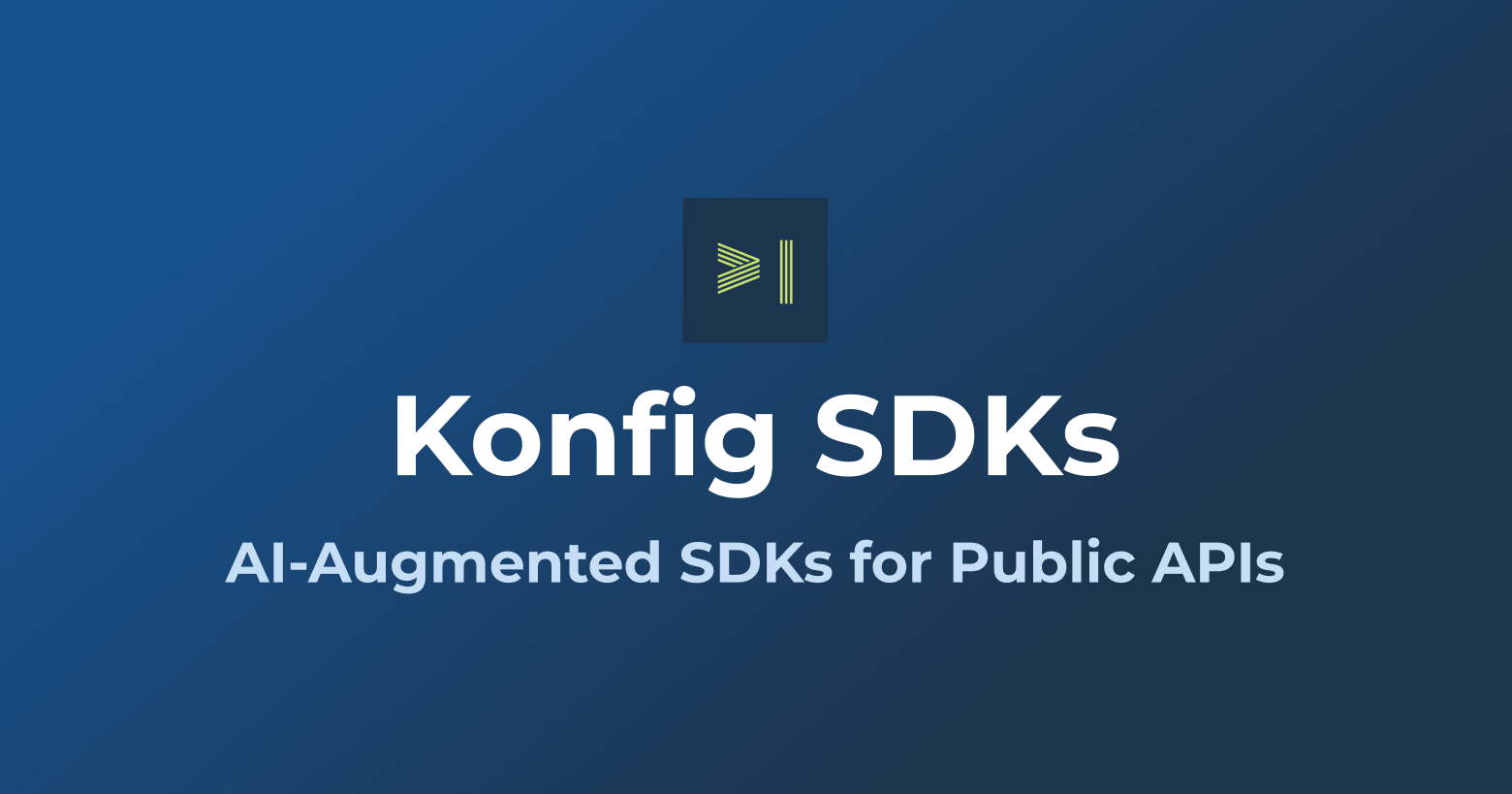
Exciting news for developers! We're thrilled to introduce Konfig SDKs, a collection of SDKs designed to streamline and enhance your software development process. Konfig SDKs will transform how you integrate external APIs, making your development faster, your code cleaner, and your integrations more robust.
Why?
Developers often struggle with the challenges of integrating multiple external APIs. The inconsistencies in documentation, the need for continuous updates, and the tedious task of translating these documents into usable SDKs consume valuable time and resources.
With Konfig, you let us do the tedious work of parsing and translating to SDKs, so you can focus on core business logic.
Features and Benefits
- Faster Integration with Less Code: Konfig SDKs allow you to integrate APIs swiftly, erasing the need to write boilerplate code.
- Always Up-to-Date: Stay ahead with SDKs that are automatically updated in alignment with API changes.
- Change Notifications: Receive alerts when an API you depend on undergoes changes, ensuring your projects stay up-to-date.
- Unmatched Efficiency: Build software at an accelerated pace, maintain less code, and expand your app's capabilities with more external integrations.
How does it work?
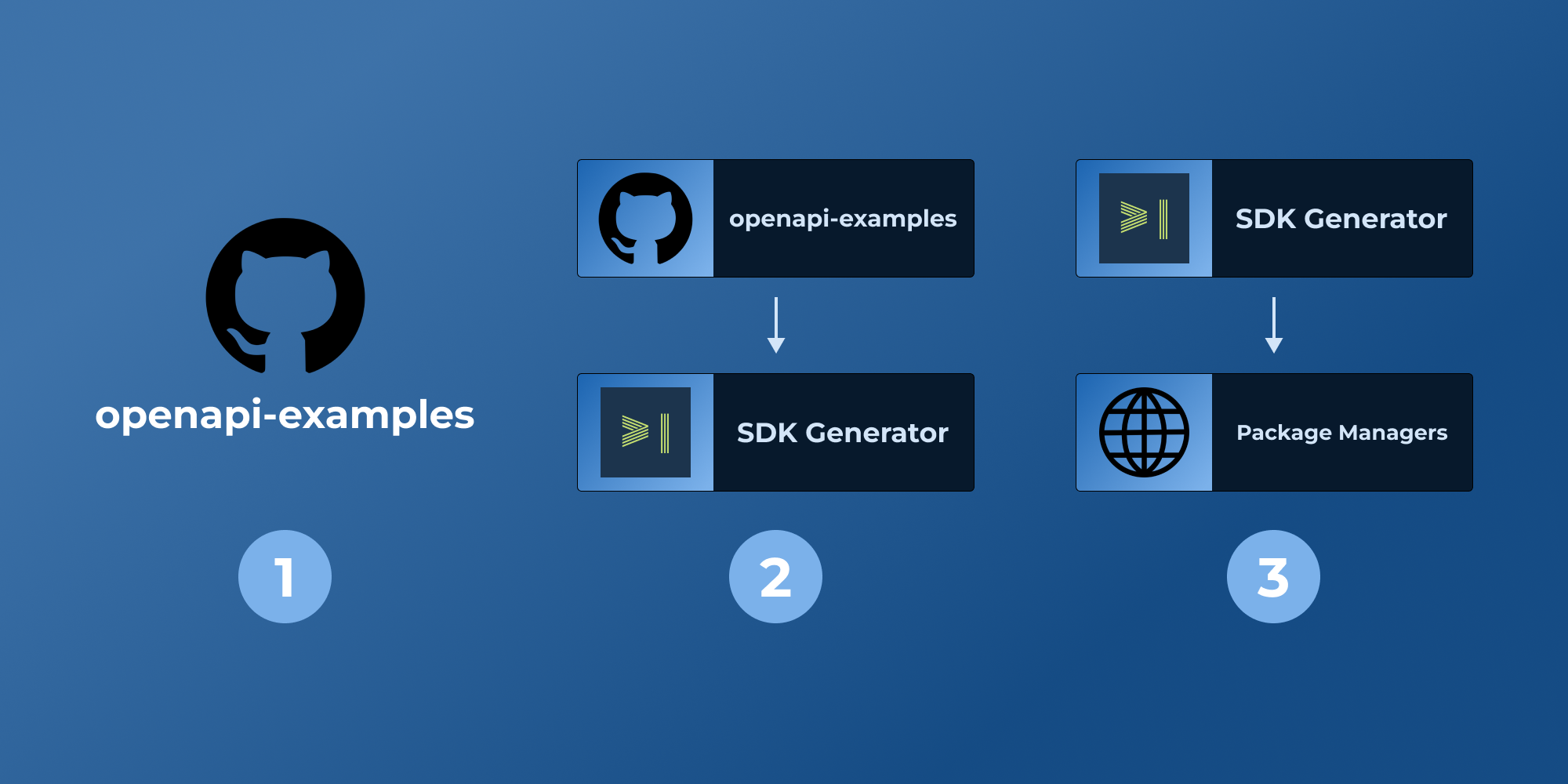
- We maintain the highest quality collection of OpenAPI Specifications on the internet. This collection is open and MIT-licensed so you can use it freely.
- Generate AI-Augmented SDKs from the OpenAPI Specifications in TypeScript, Python, Java, C#, PHP, Ruby, Go, Swift, and Dart. AI helps us ensure that the SDKs feel natural to use and are well-documented.
- Distribute the SDKs to you through standard package managers
Finally, whenever an SDK is updated, we will notify you.
By signing up, you will receive an access token that grants you access to our SDKs. You can then use the SDKs to integrate the APIs you need into your projects. Then you can add SDKs to your project using your favorite package manager:
Konfig SDKs vs. Universal API Solutions
Konfig SDKs offer two key advantages over universal API solutions: security and comprehensiveness.
Security
Universal API solutions introduce potential security concerns for data-sensitive applications. By adding a universal API layer to your infrastructure, you introduce a potential security risk to your data by passing sensitive information through the provider's infrastructure, possibly leaking information in-transit. Konfig SDKs, on the other hand, ensure your data remains secure and private by connecting you directly to the API provider's infrastructure.
Comprehensiveness
We offer connections to more APIs than universal API solutions. Moreover, we do not prescribe a common data model for all APIs, ensuring you have full access to all of the API's capabilities.
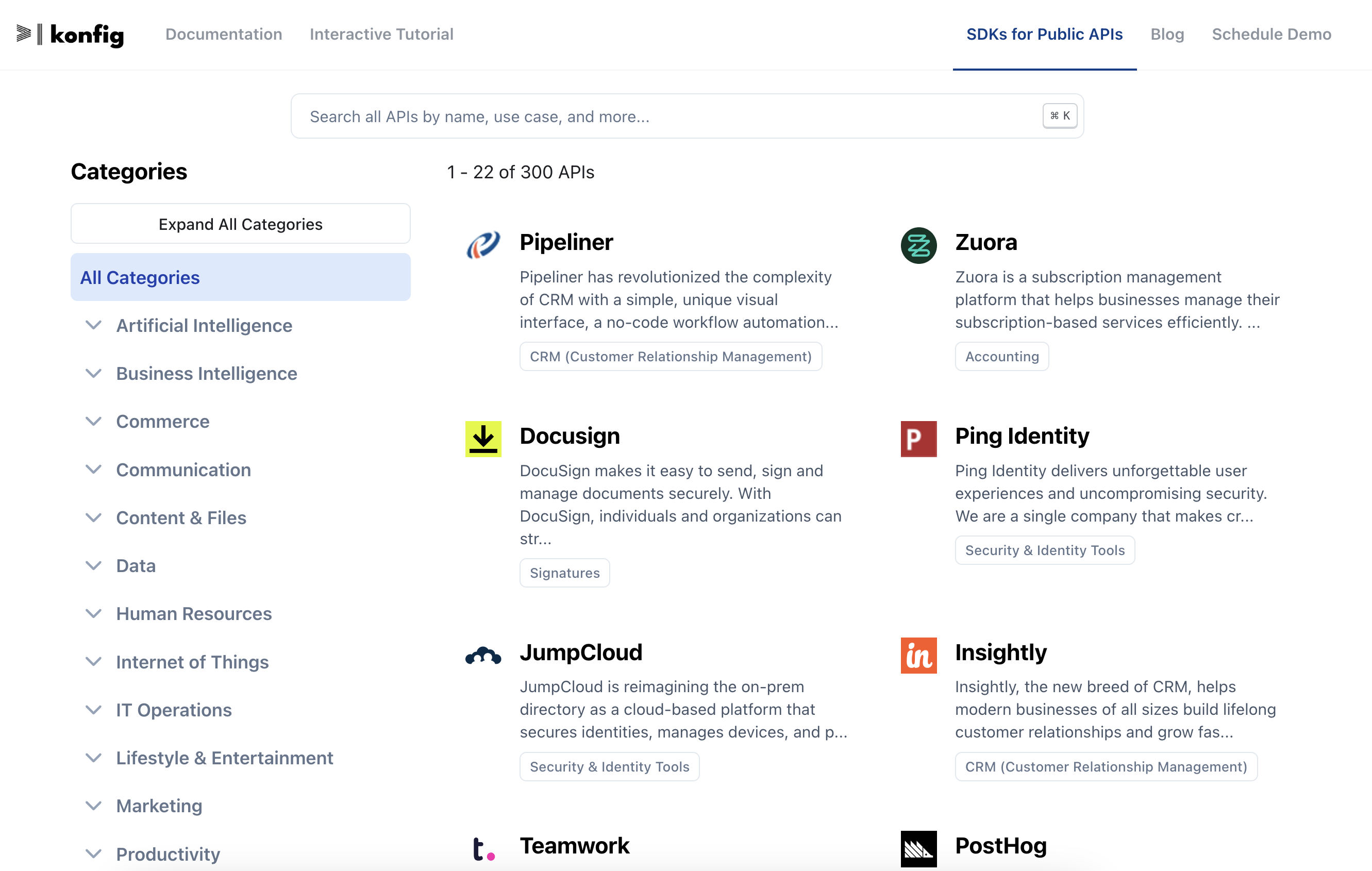
Use Cases
Konfig SDKs can be used in a variety of scenarios. Here are a few examples:
- E-commerce Integration: Use Konfig SDKs to integrate with e-commerce platforms and streamline your sales process.
- Financial Services: Integrate with financial services APIs to manage transactions and accounts.
- Human Resources: Integrate with human resources APIs to manage employee data and schedules.
- Sales: Integrate with sales platforms to manage sales, orders, and customer data.
- Productivity: Use AI to enhance your productivity in your current productivity tools. Integrate with productivity platforms to manage tasks, projects, and documents.
The Future
At the core of Konfig SDKs is our extensive experience in generating SDKs for REST APIs from OpenAPI specifications. We understand the developer's plight and have crafted Konfig SDKs to alleviate these challenges.
We plan to add more APIs to openapi-examples and further refine Konfig SDKs, ensuring you write and maintain less code.
Don't miss out on the opportunity to transform your development workflow. Sign up below to be among the first to leverage the power of Konfig SDKs.
If you have a request for an SDK for a particular API, please reach out at [email protected] or join our Discord server.
